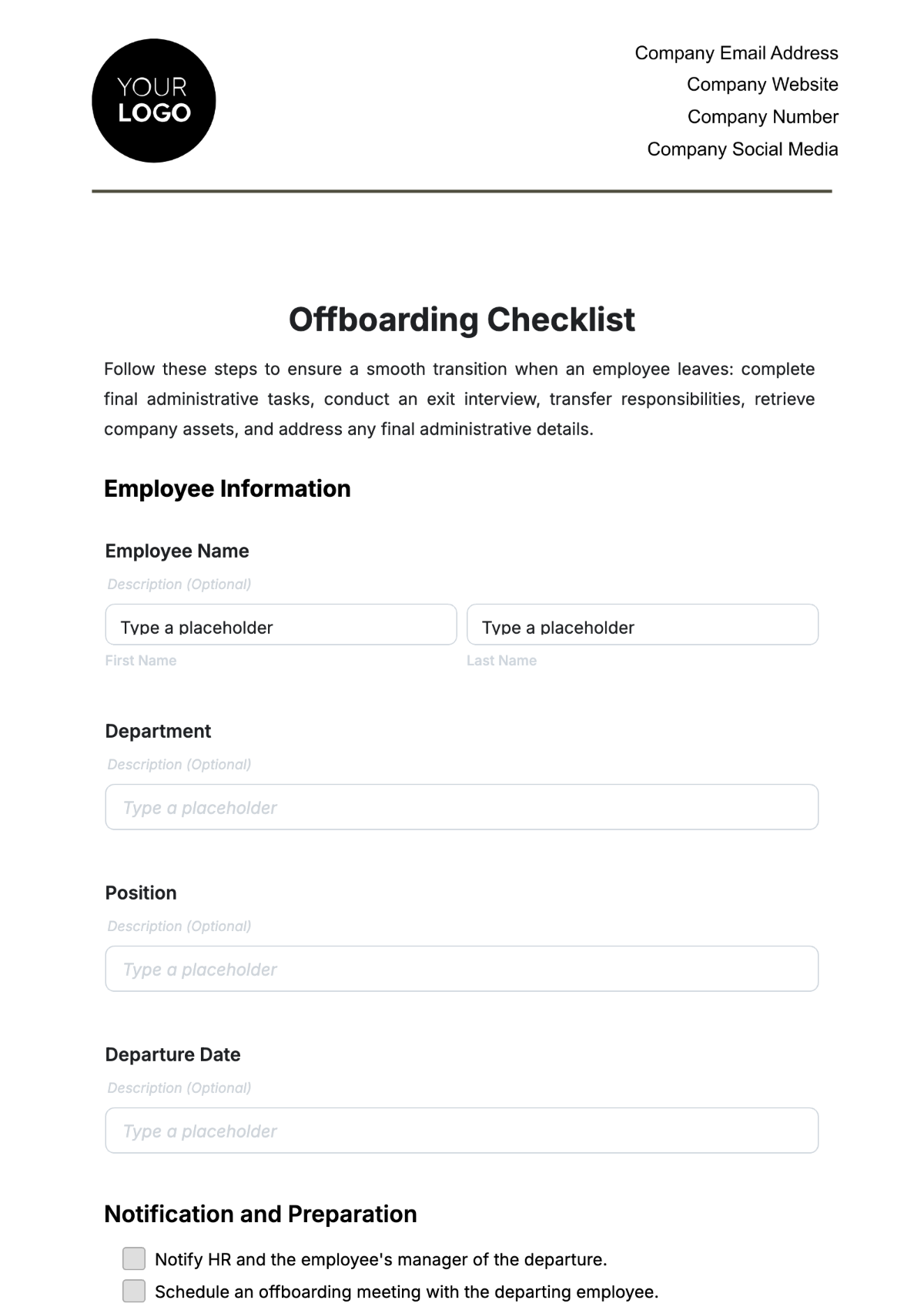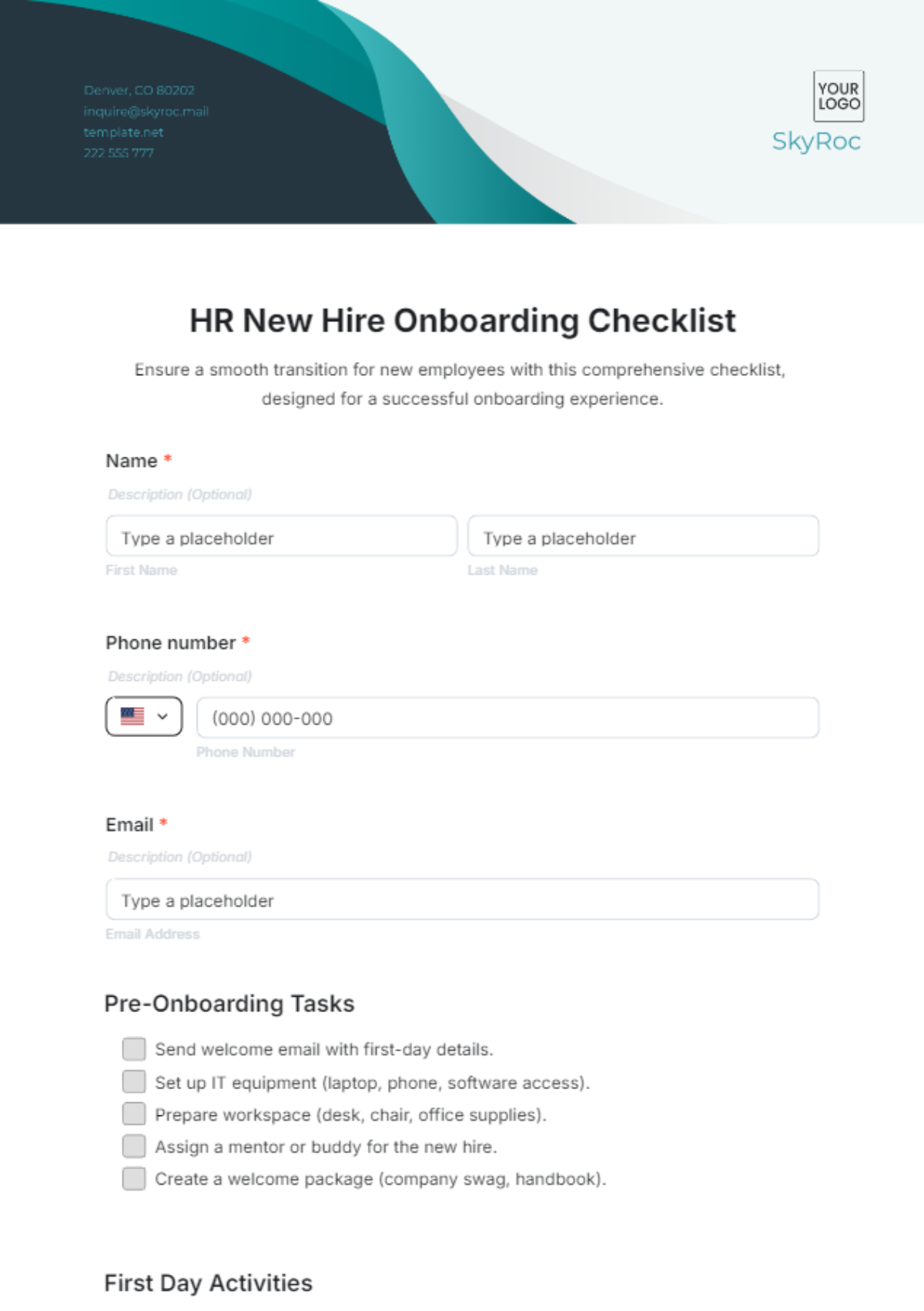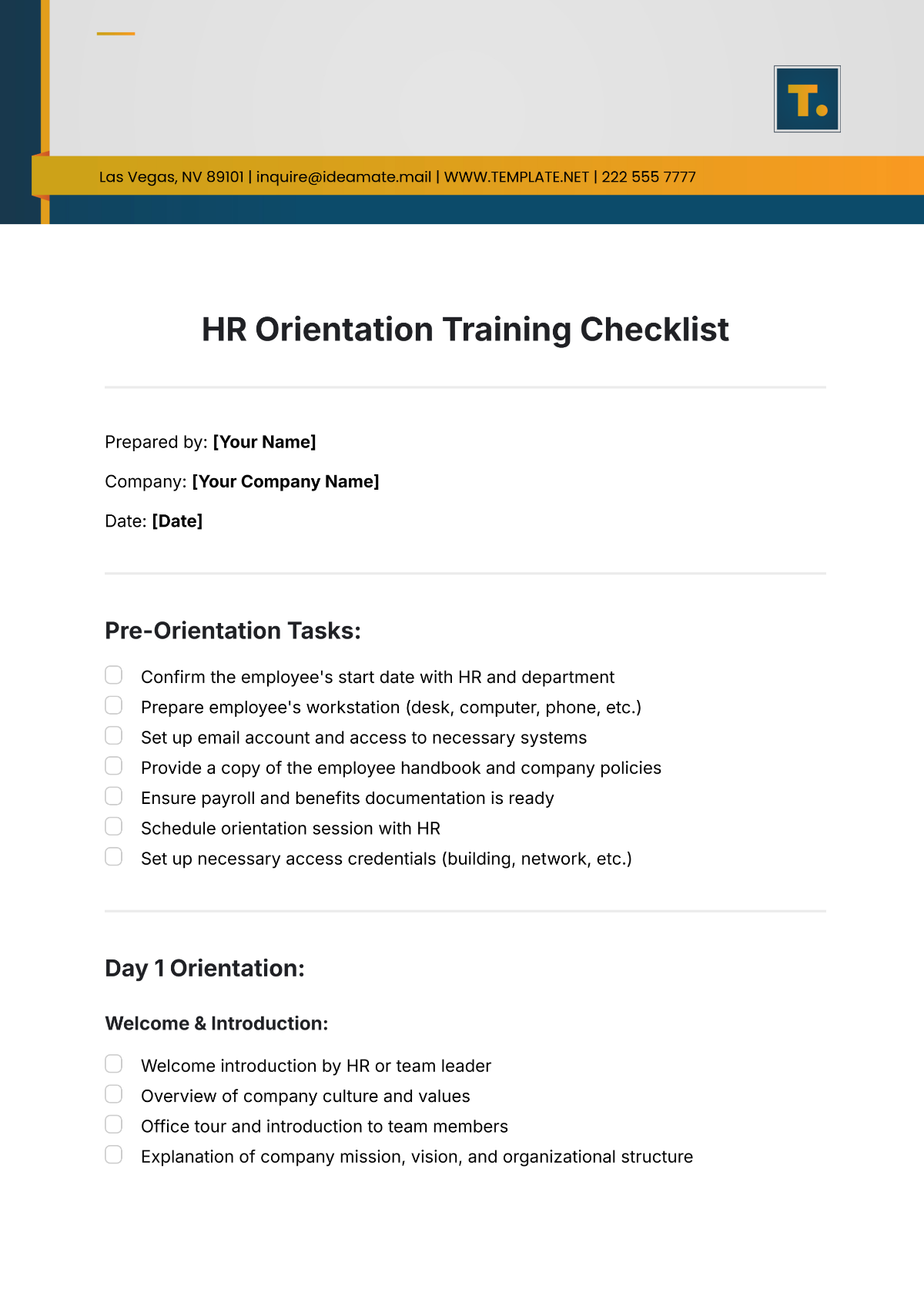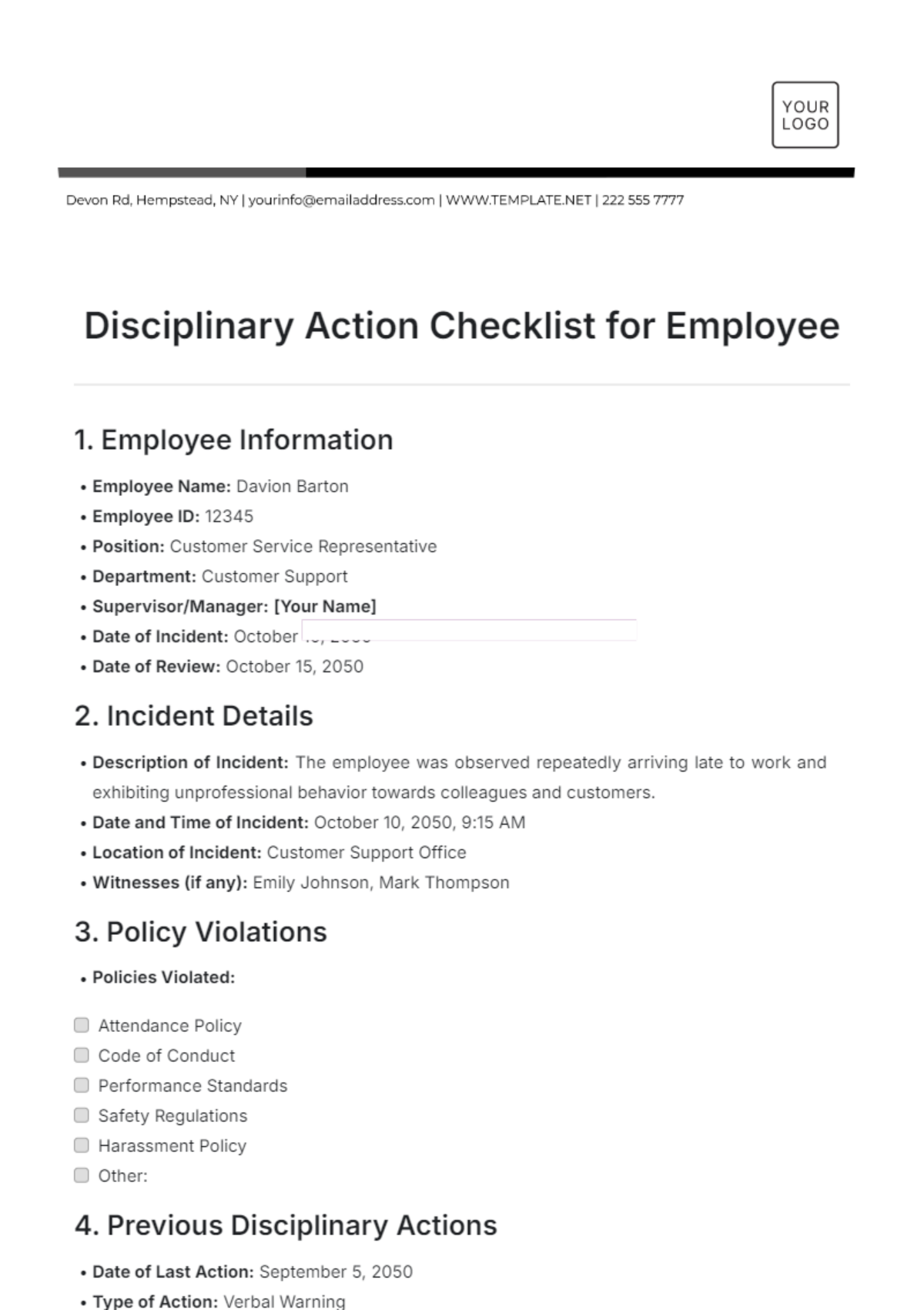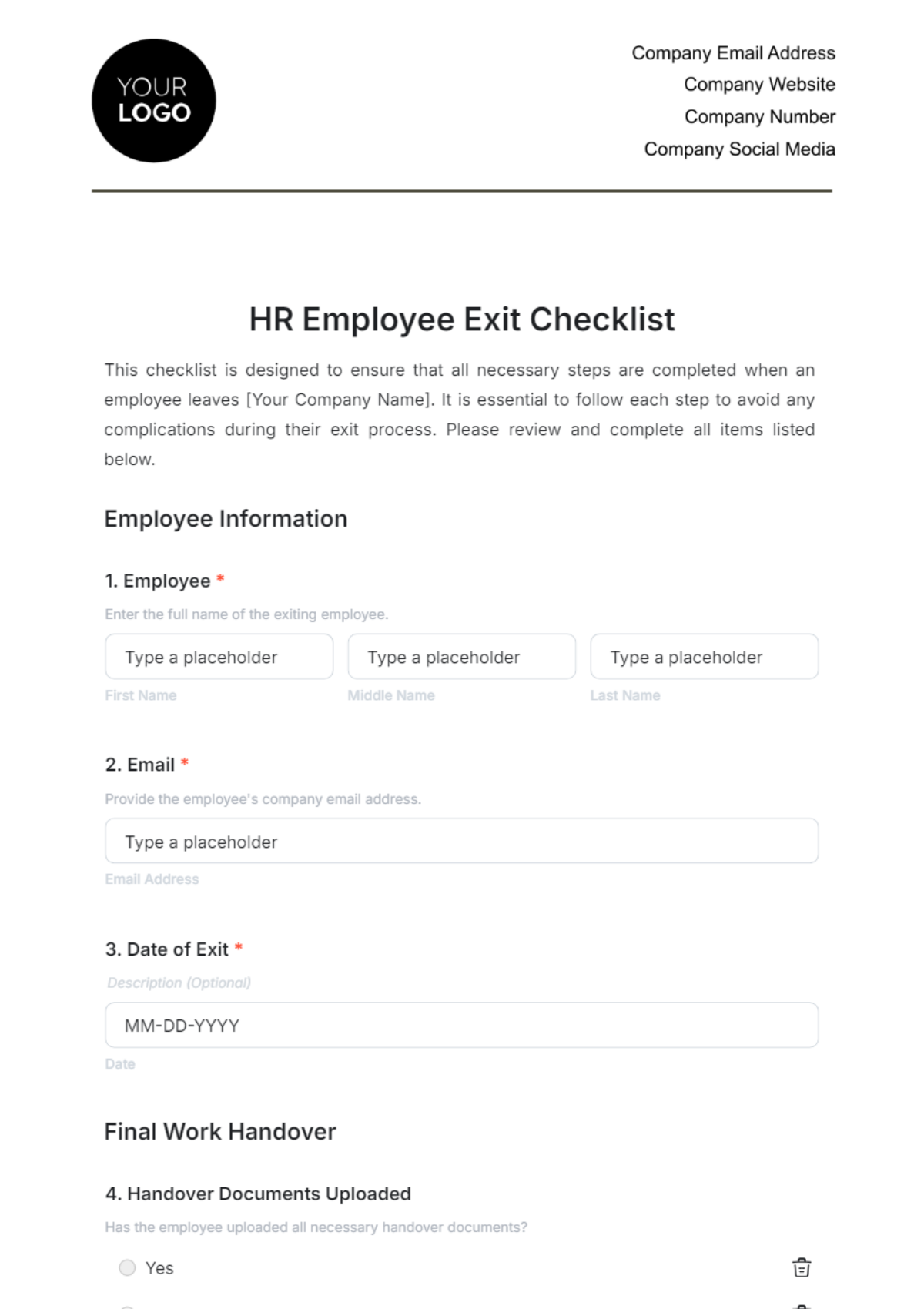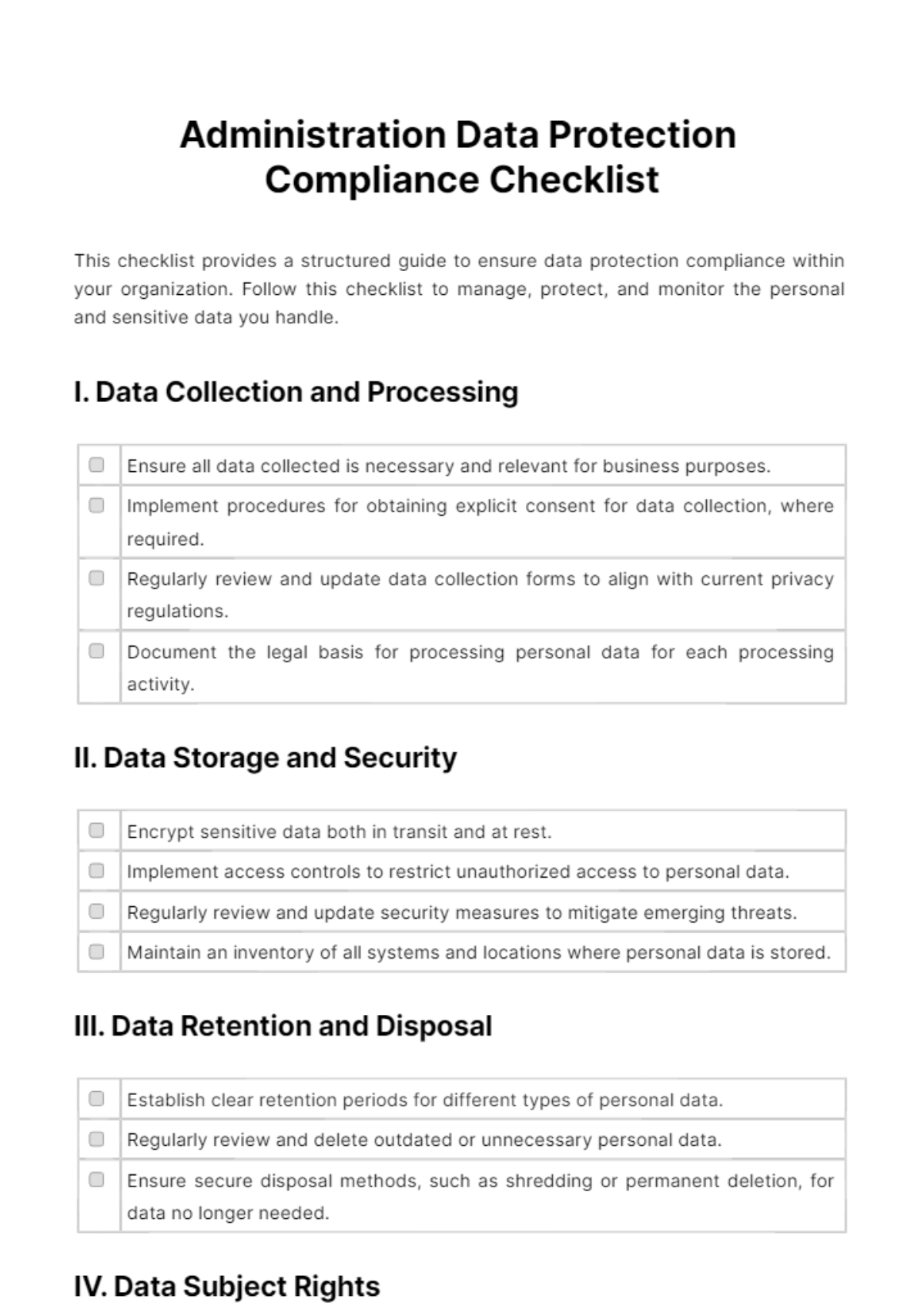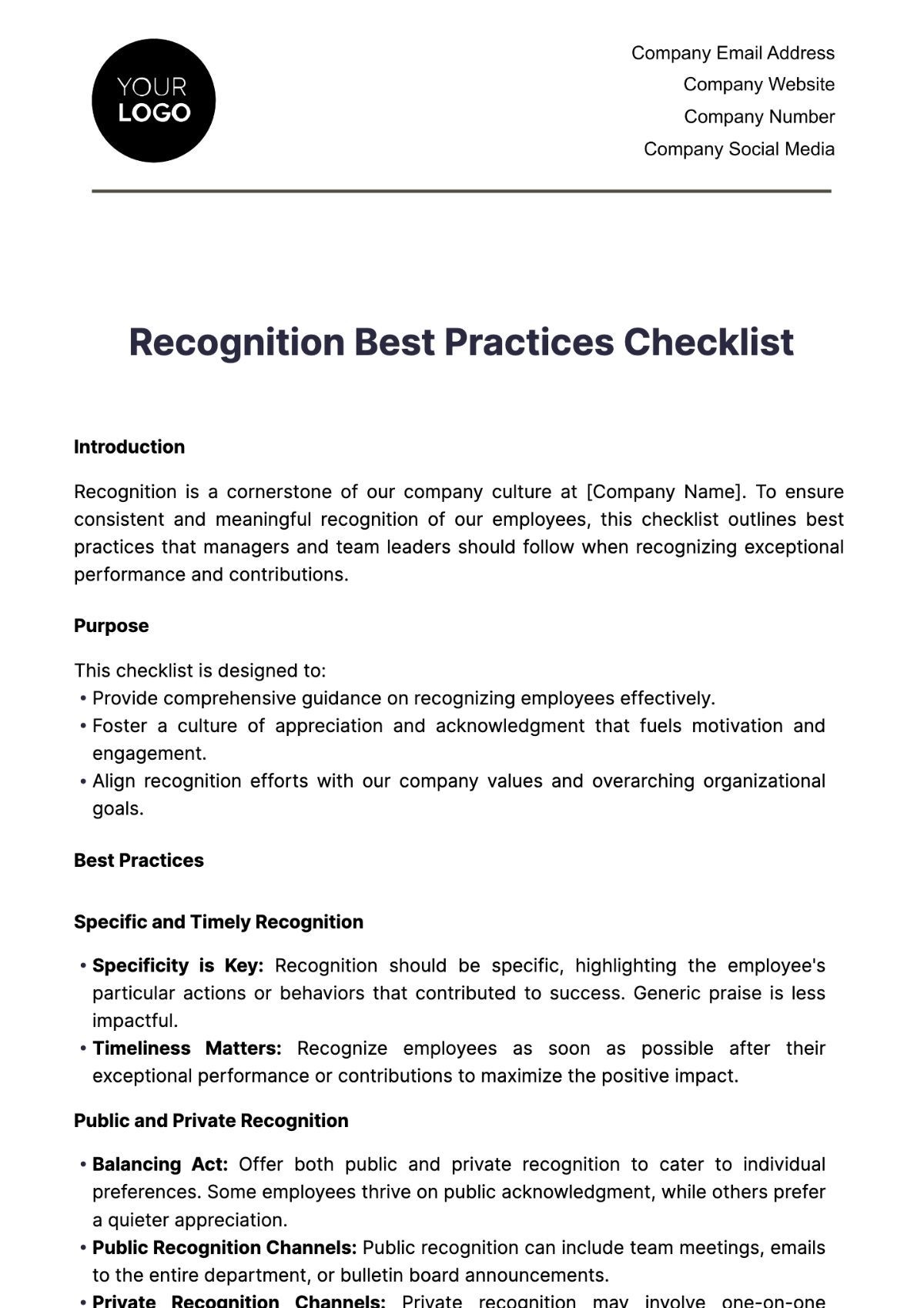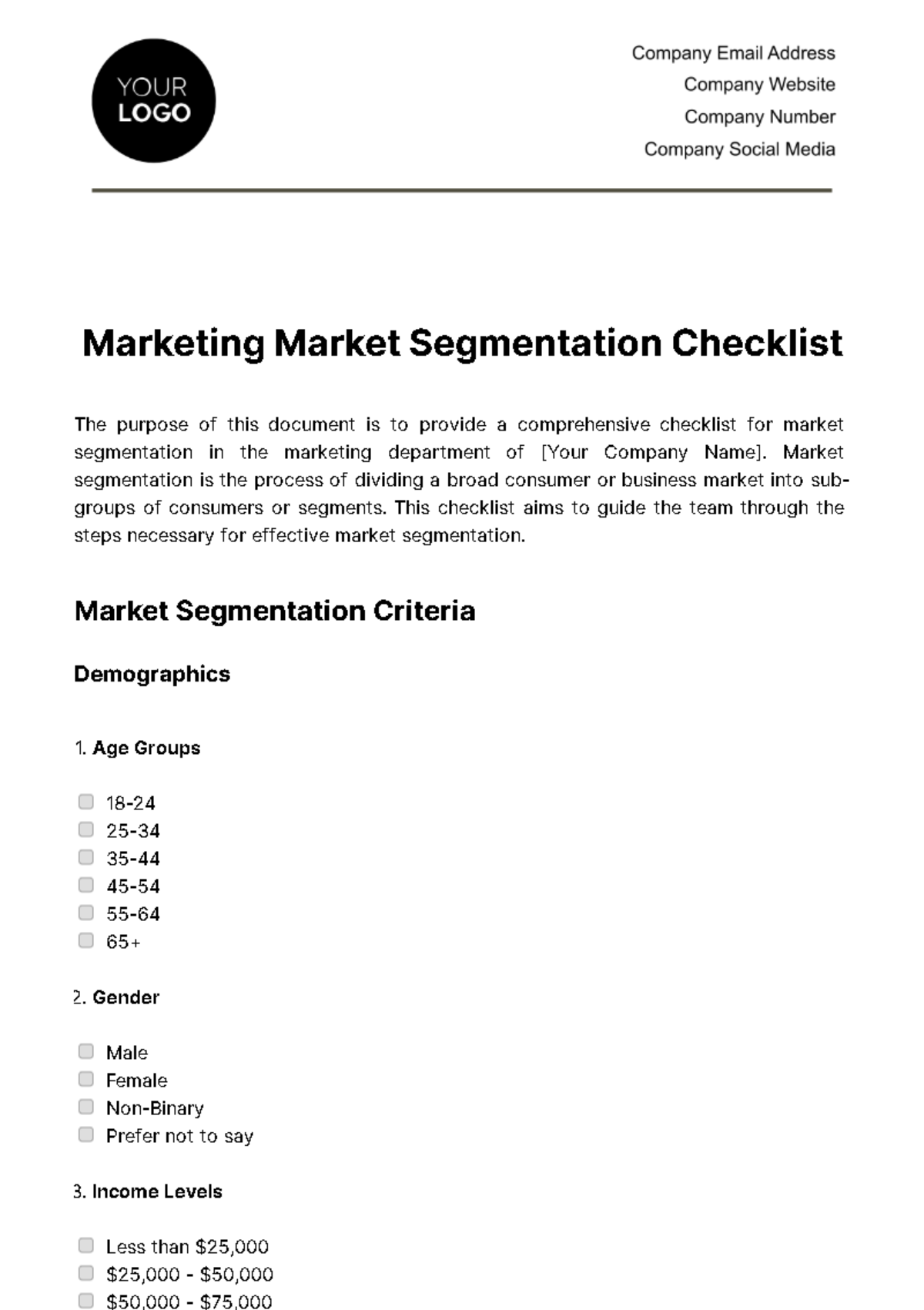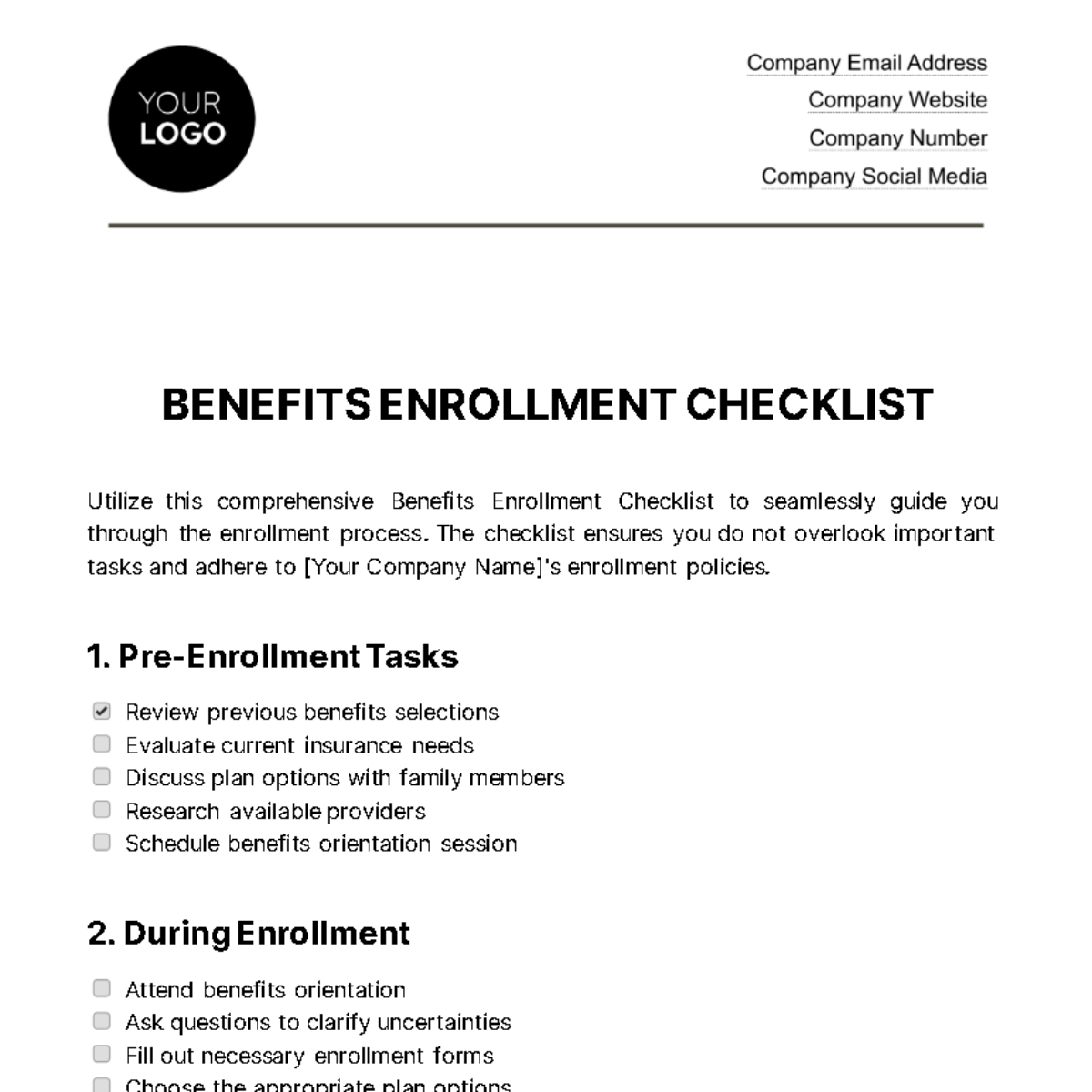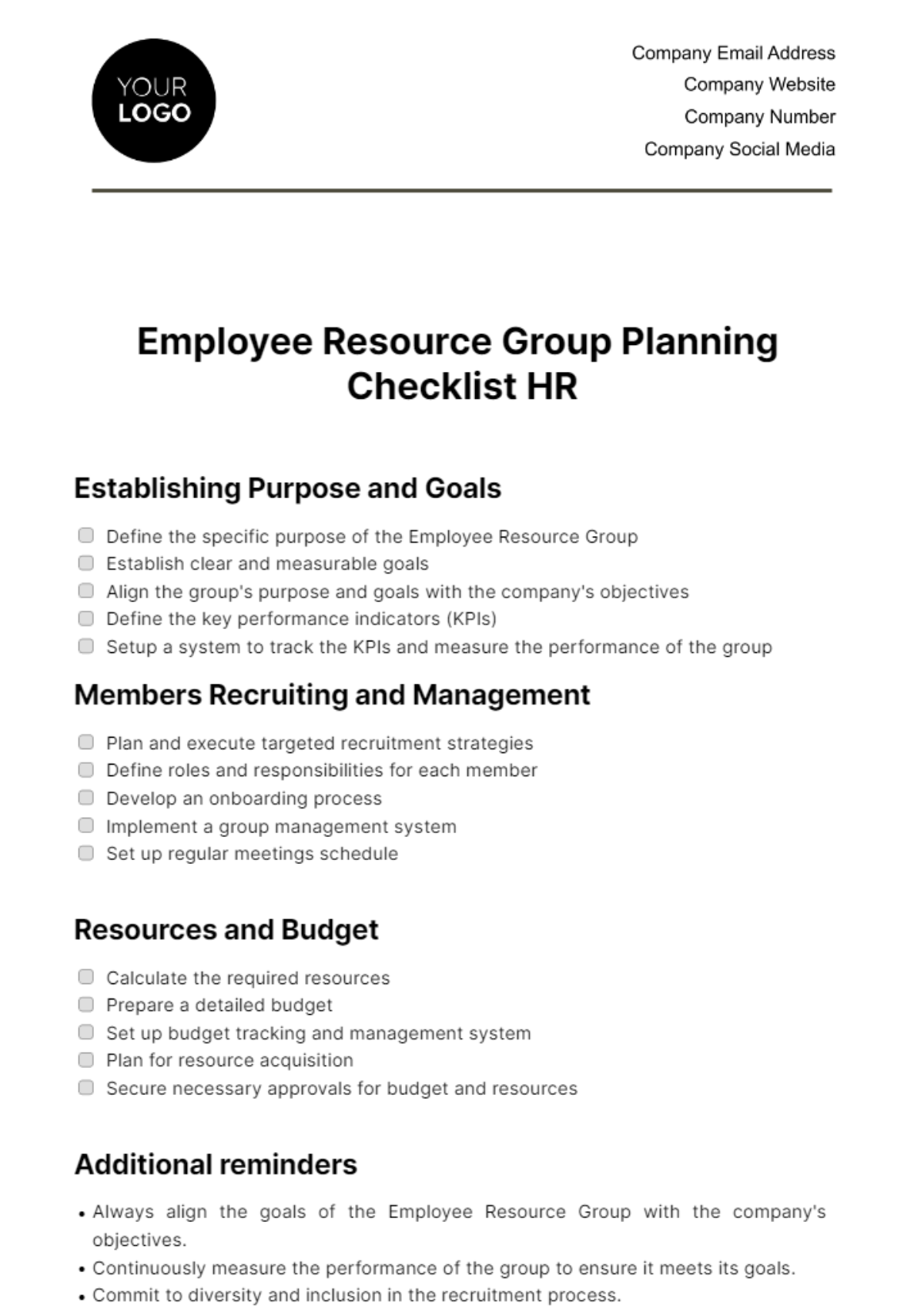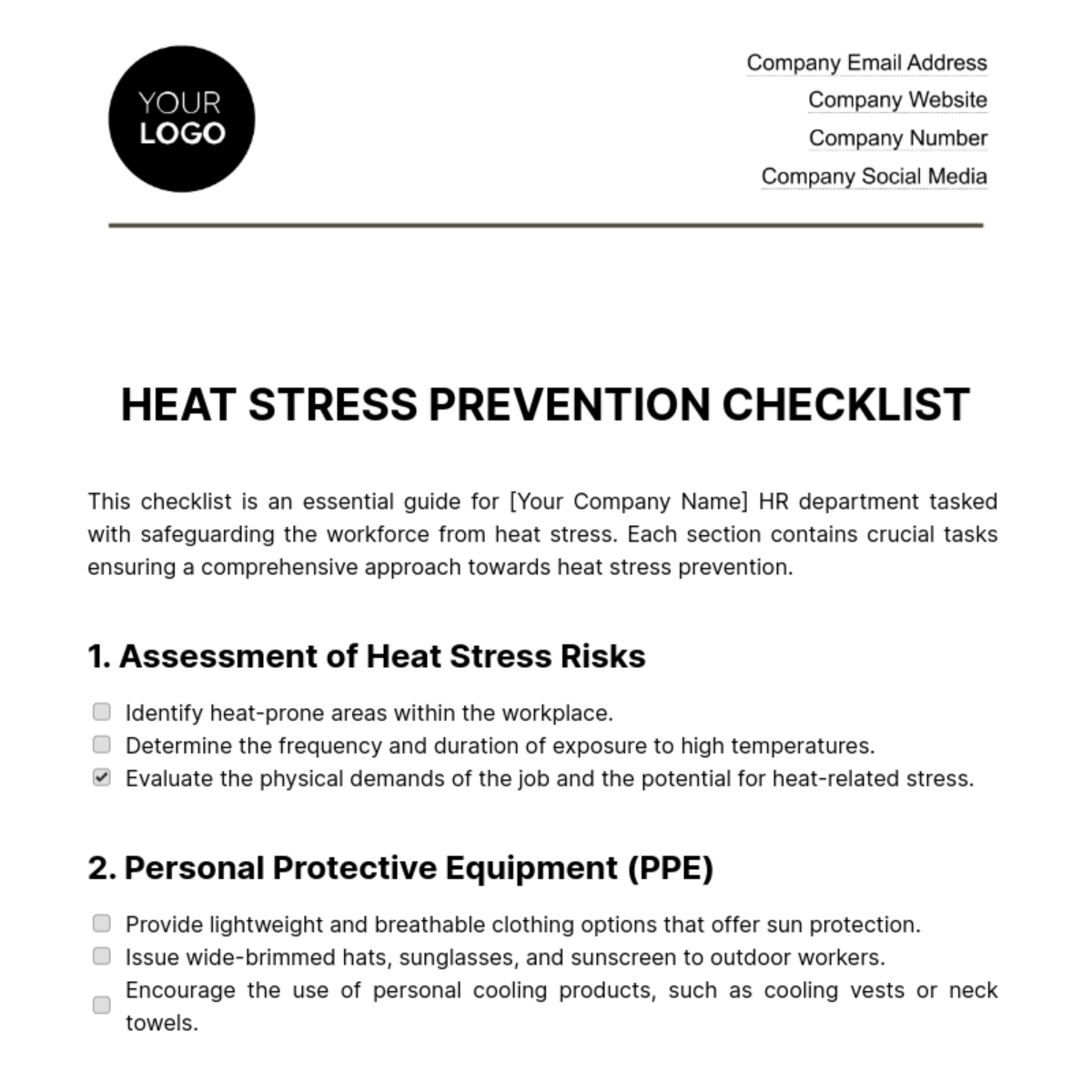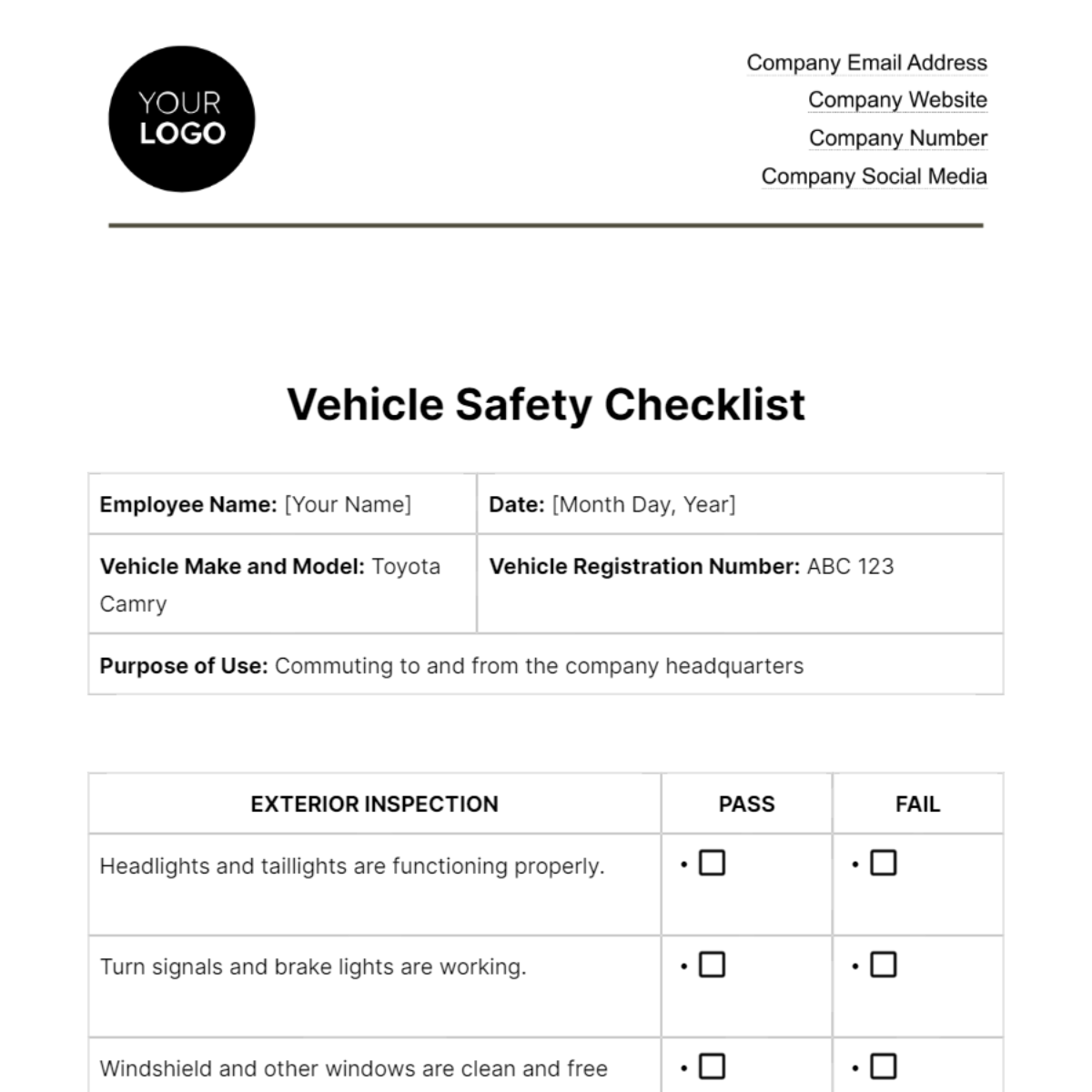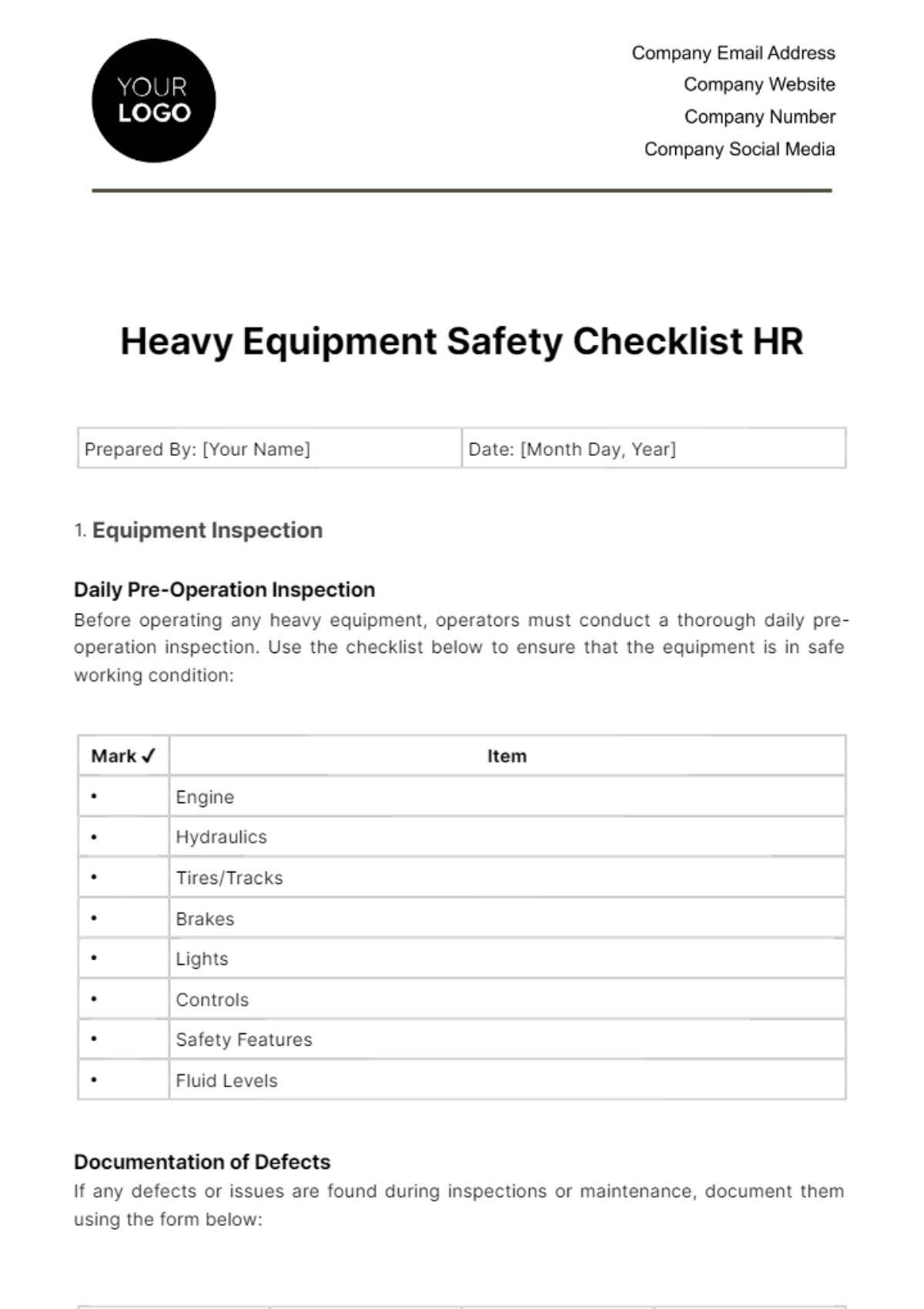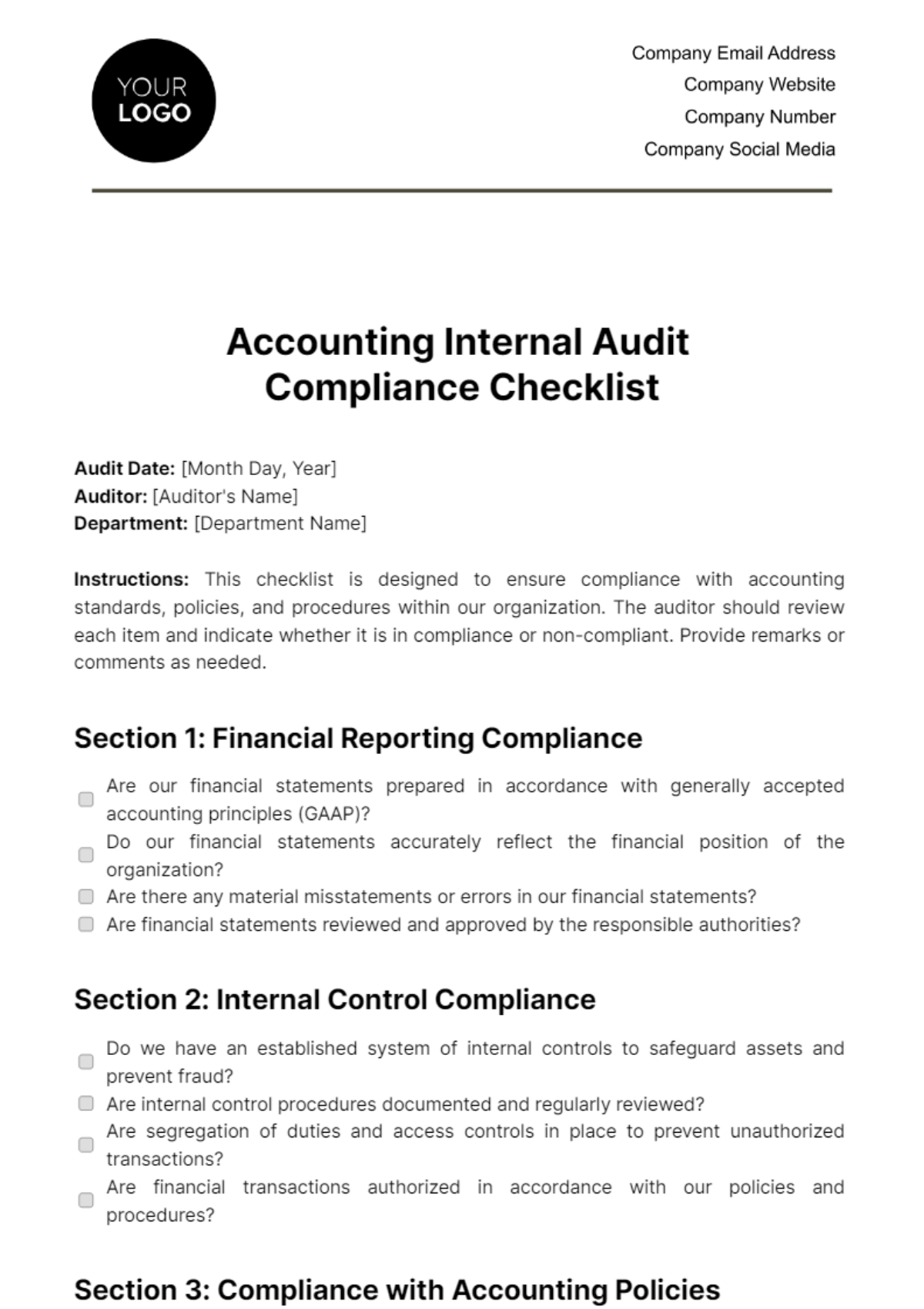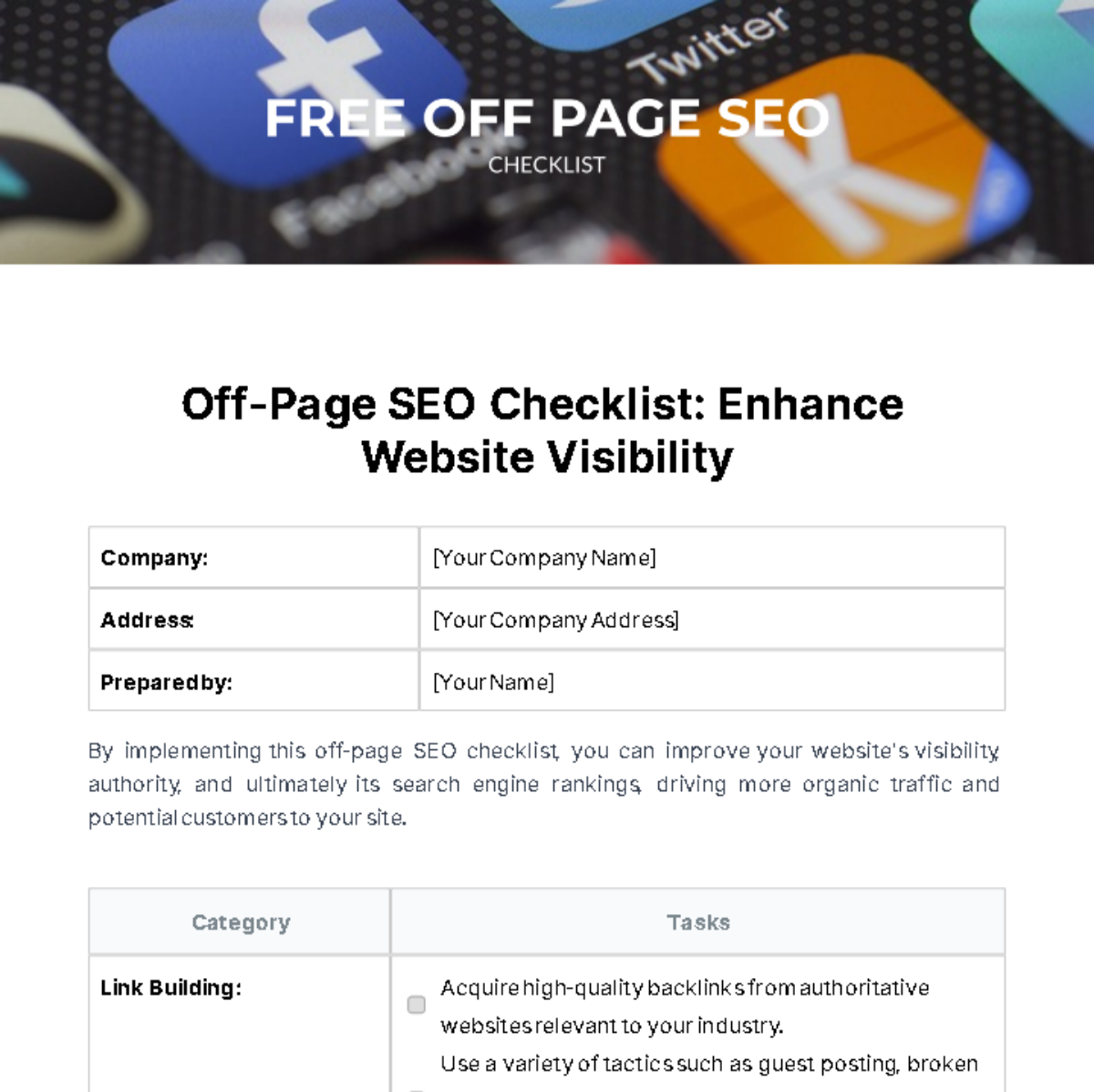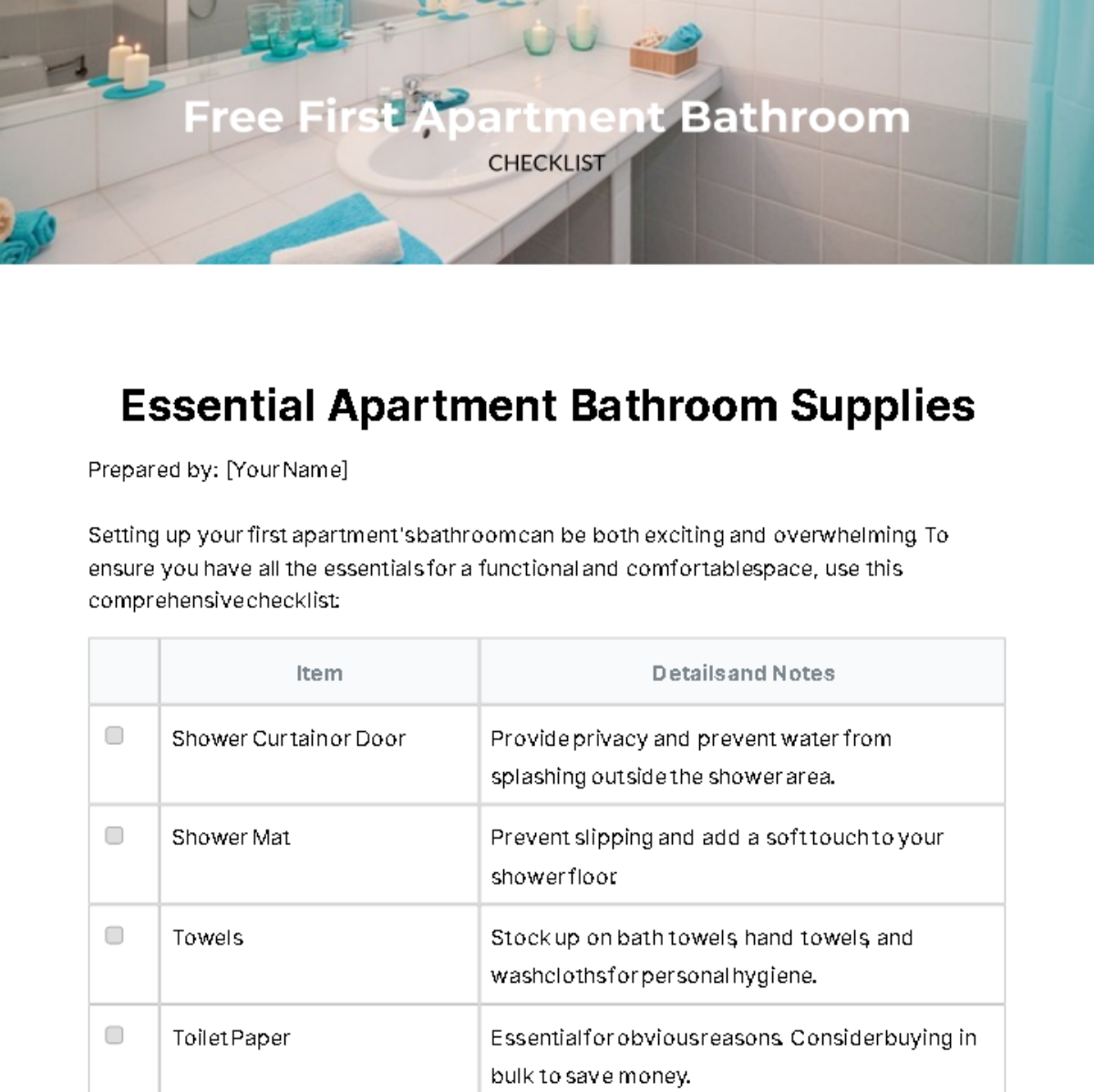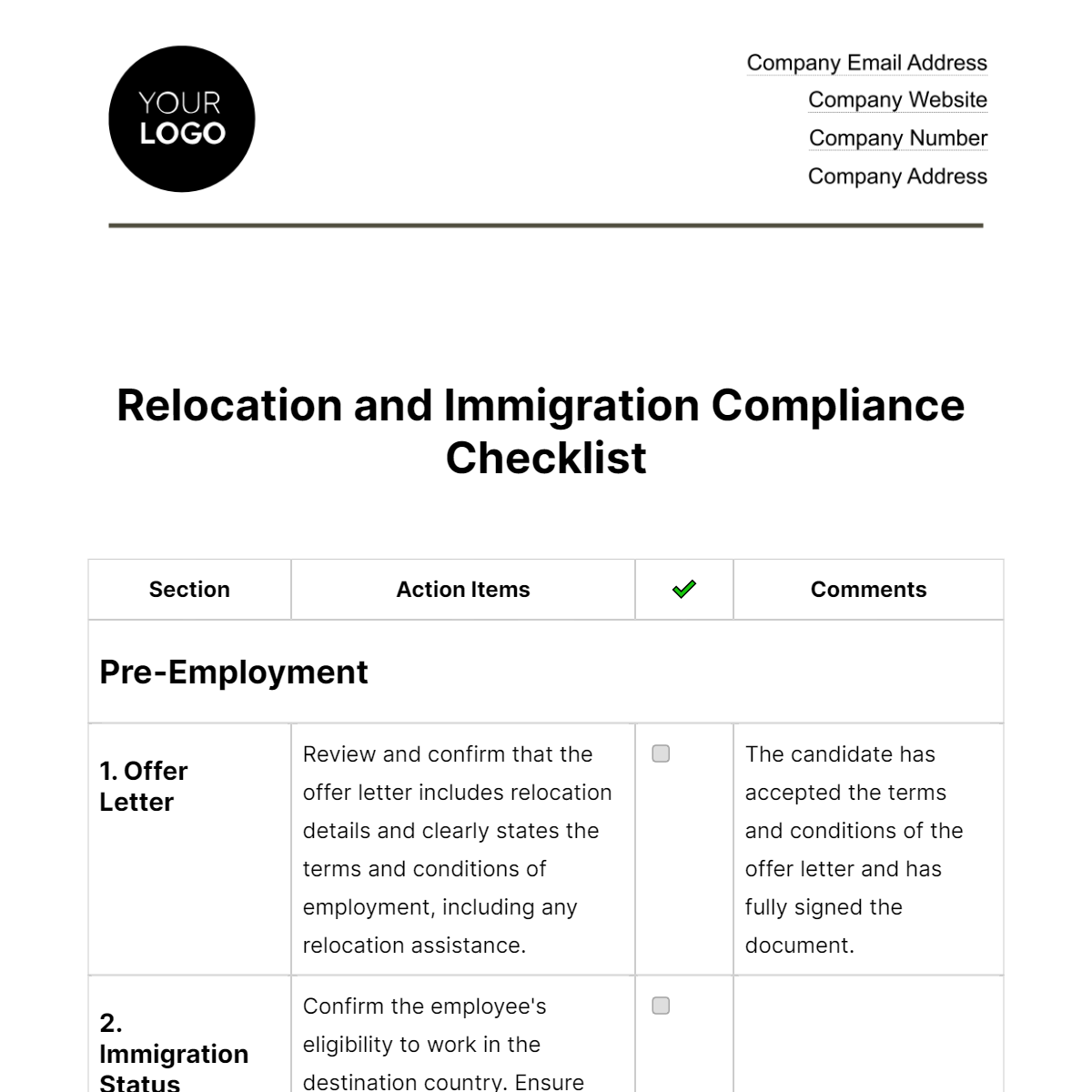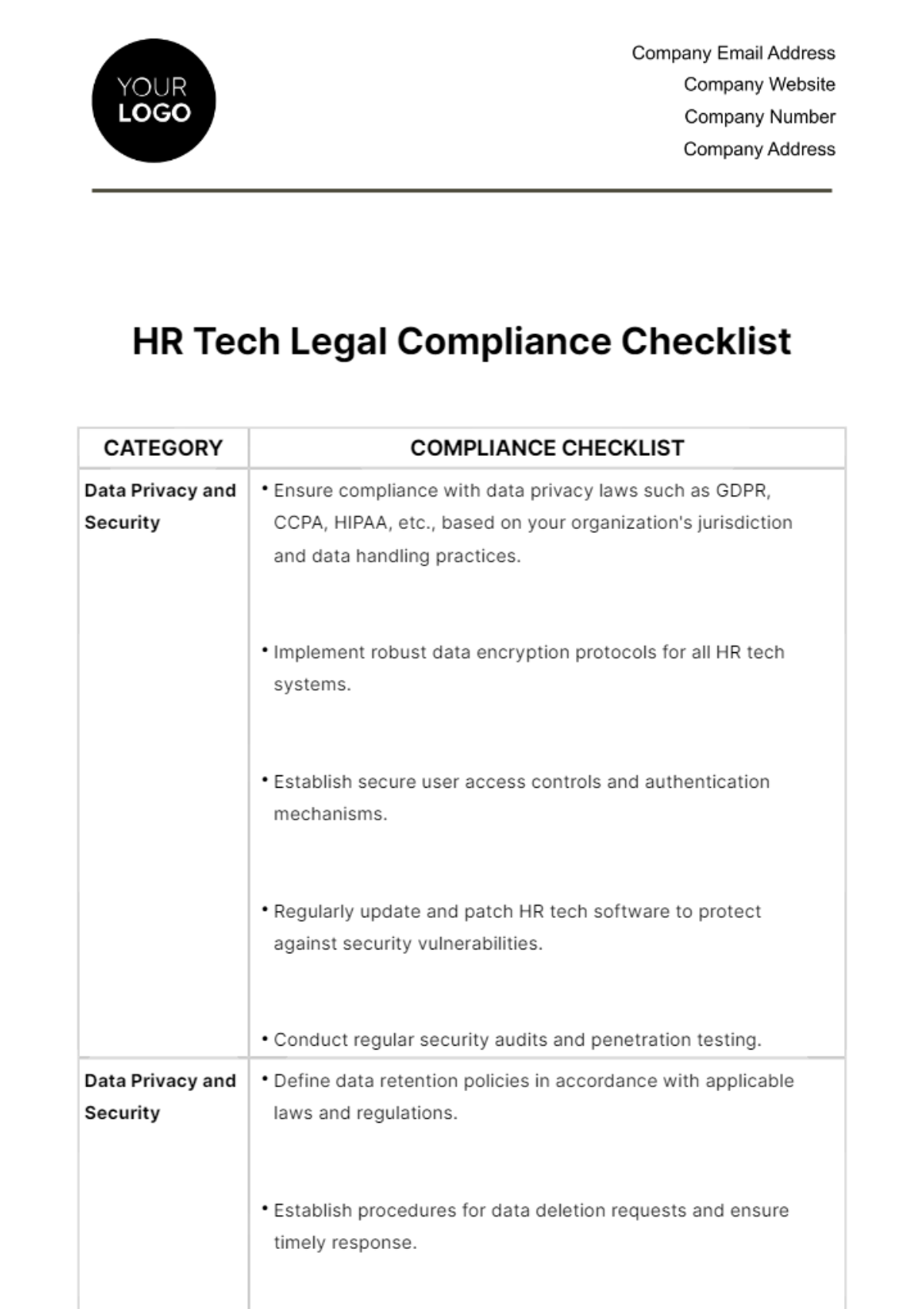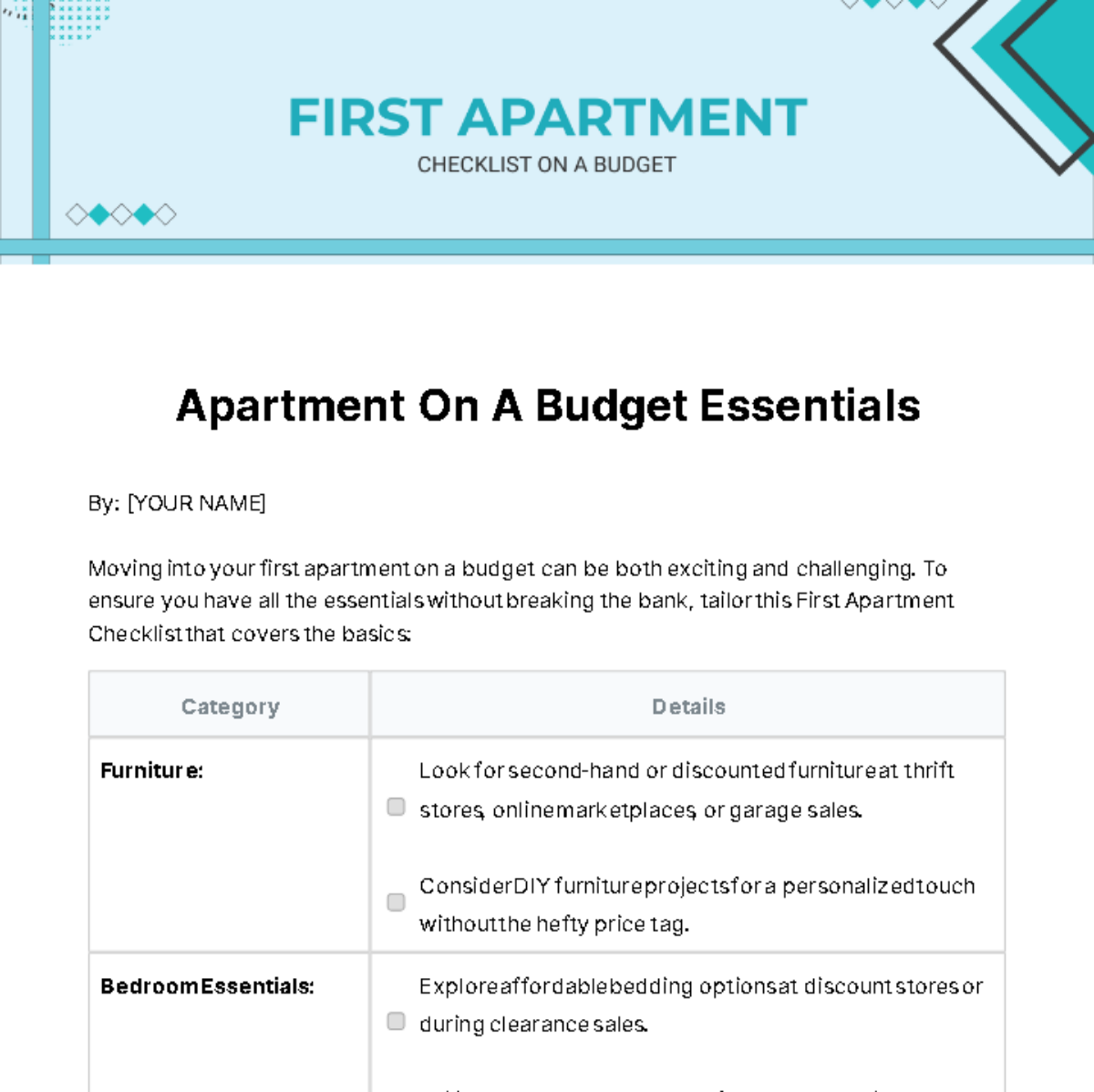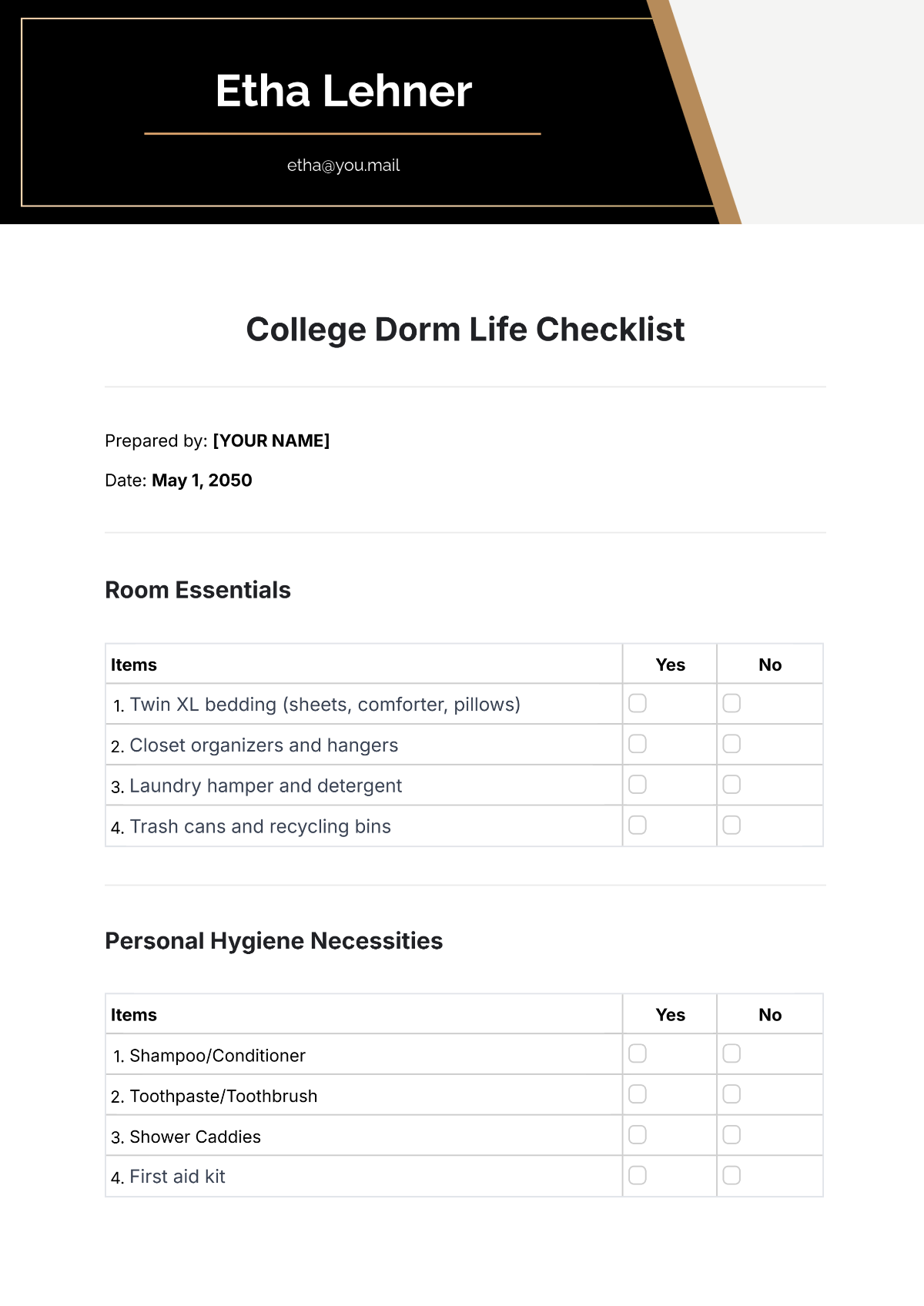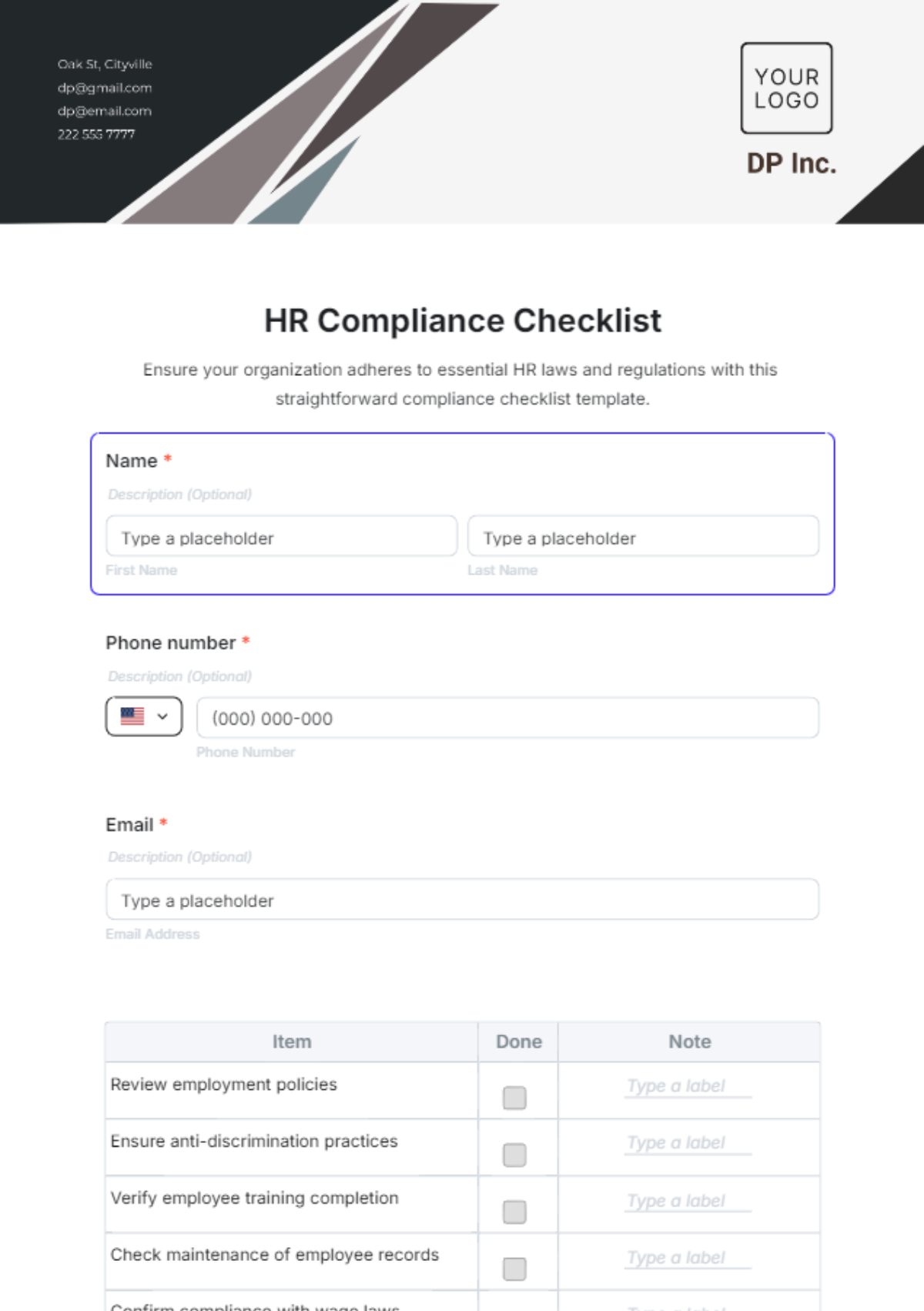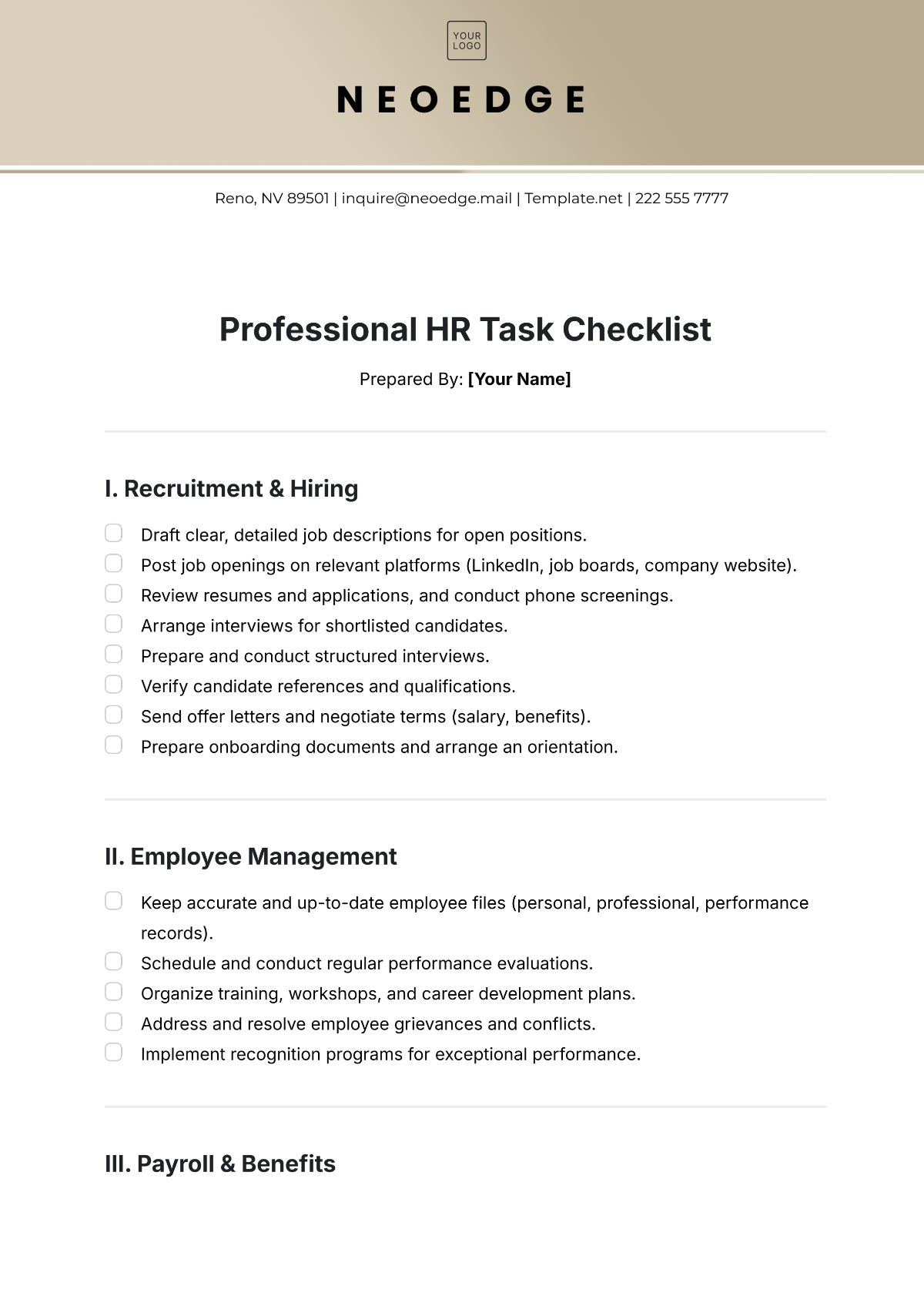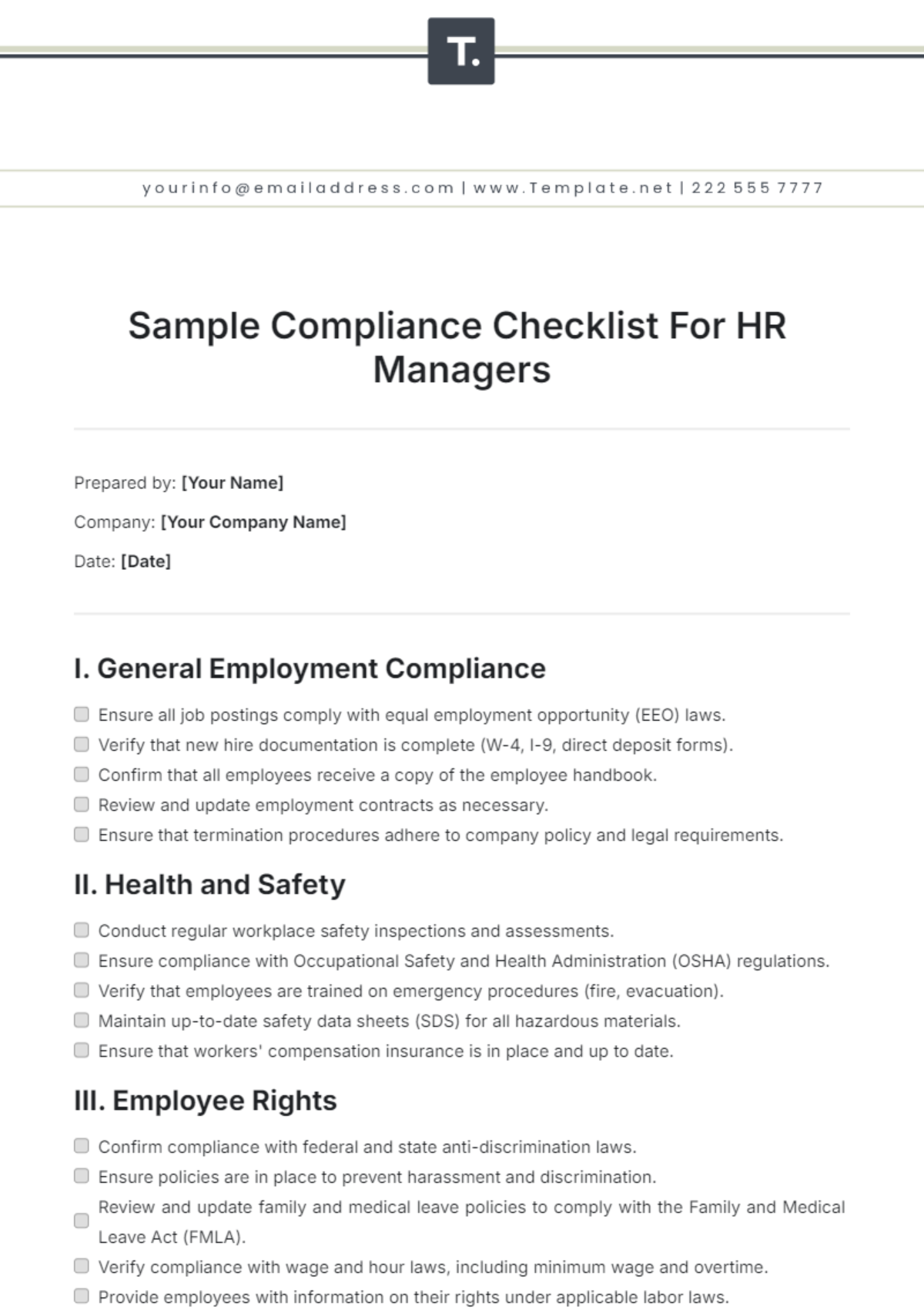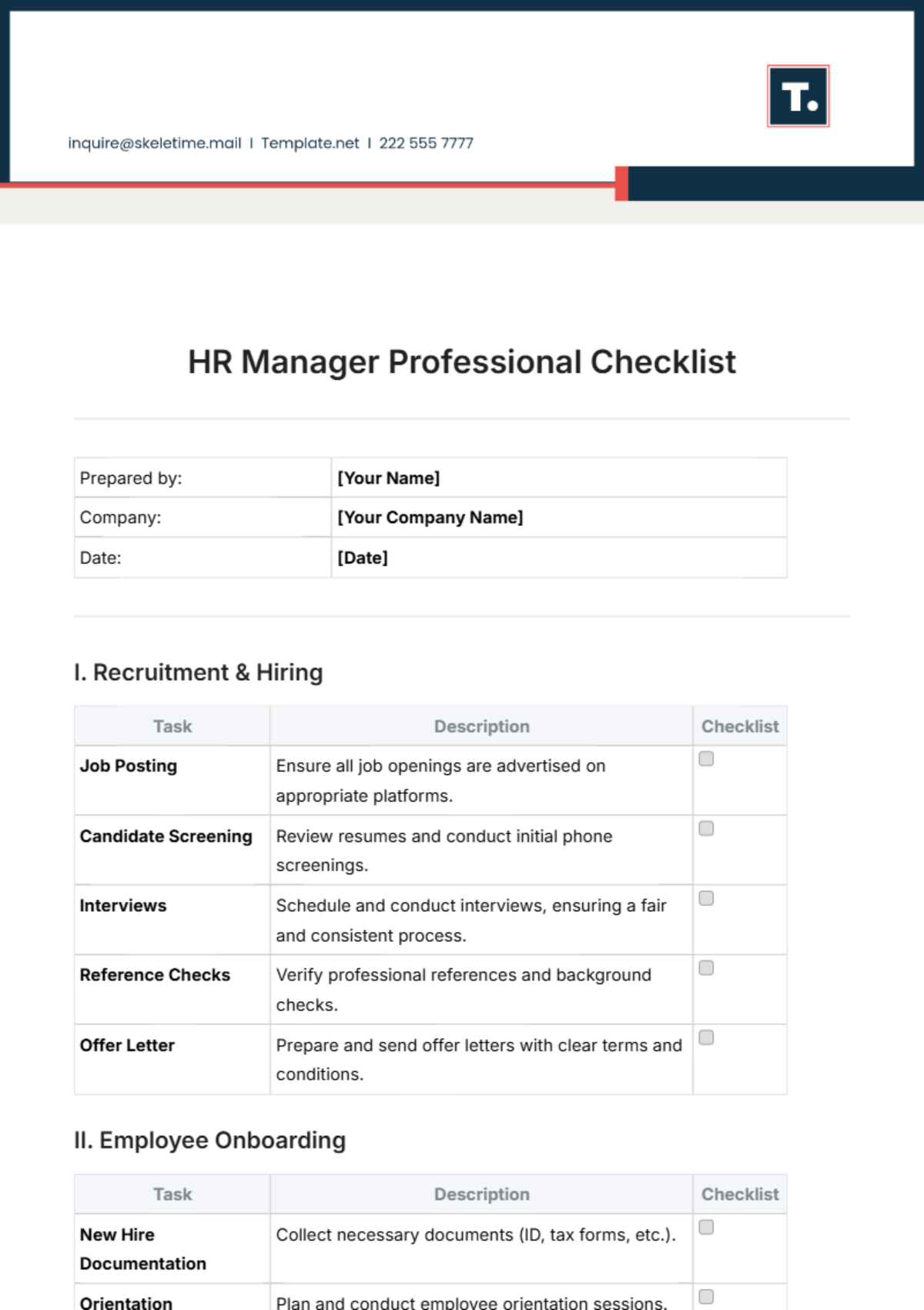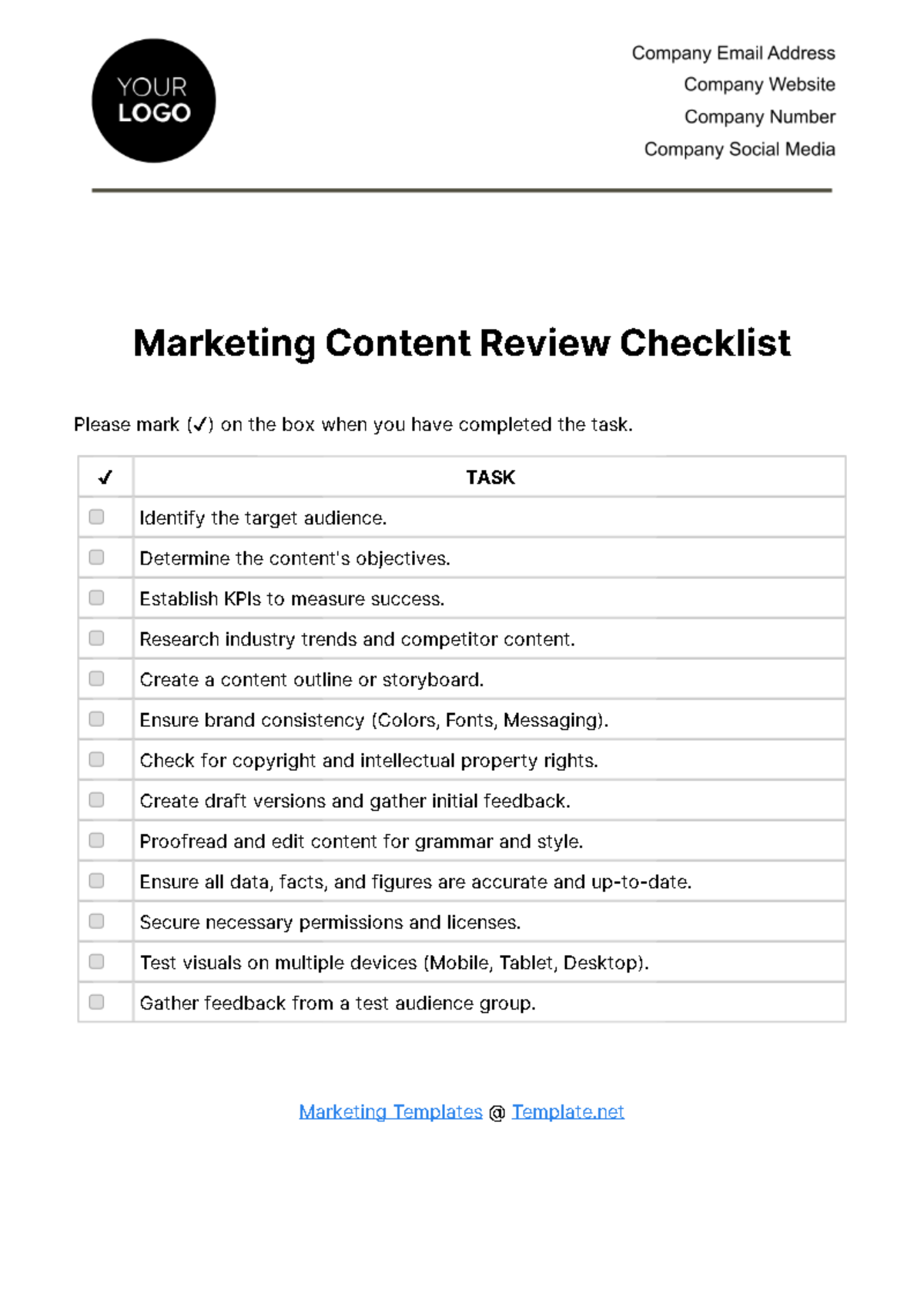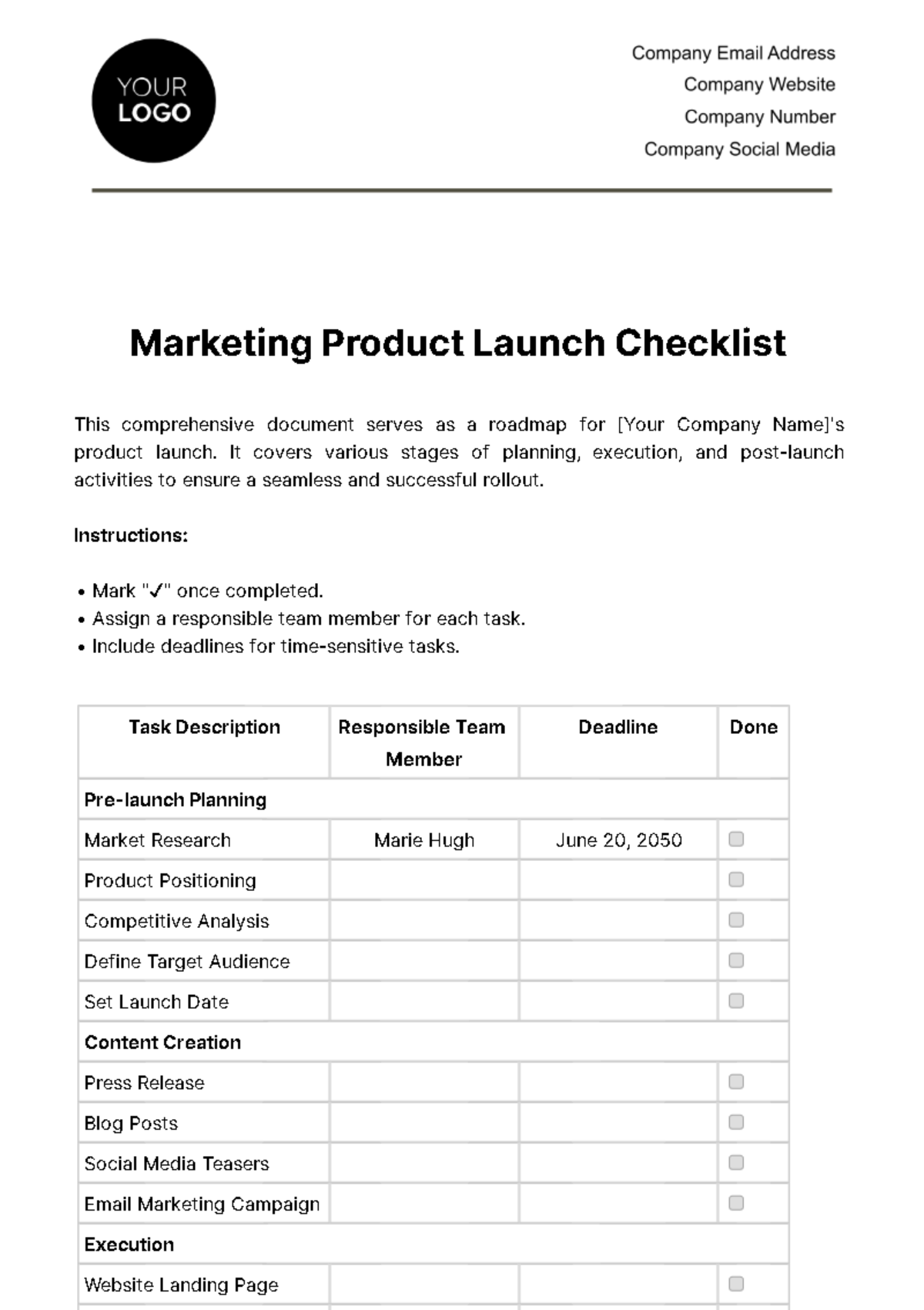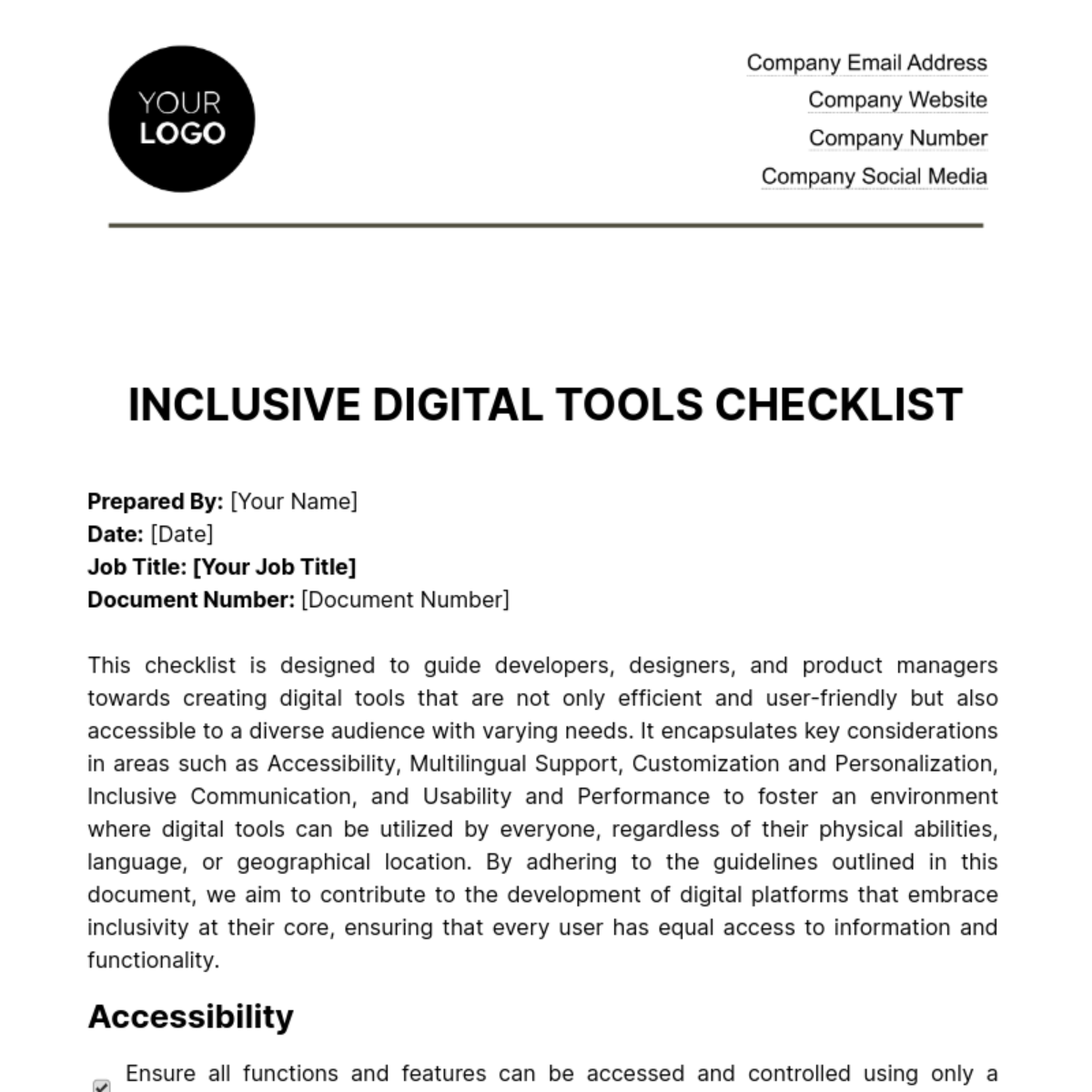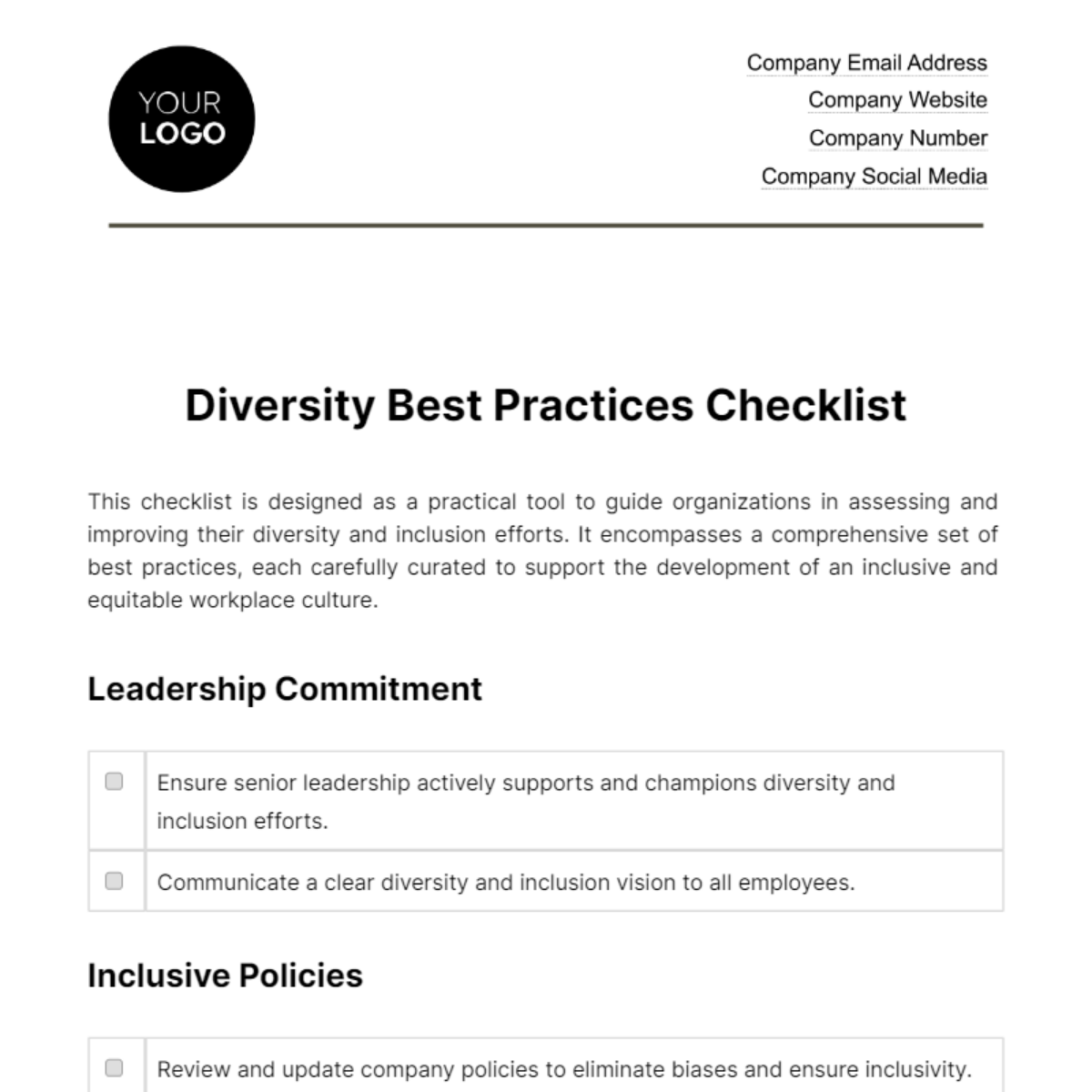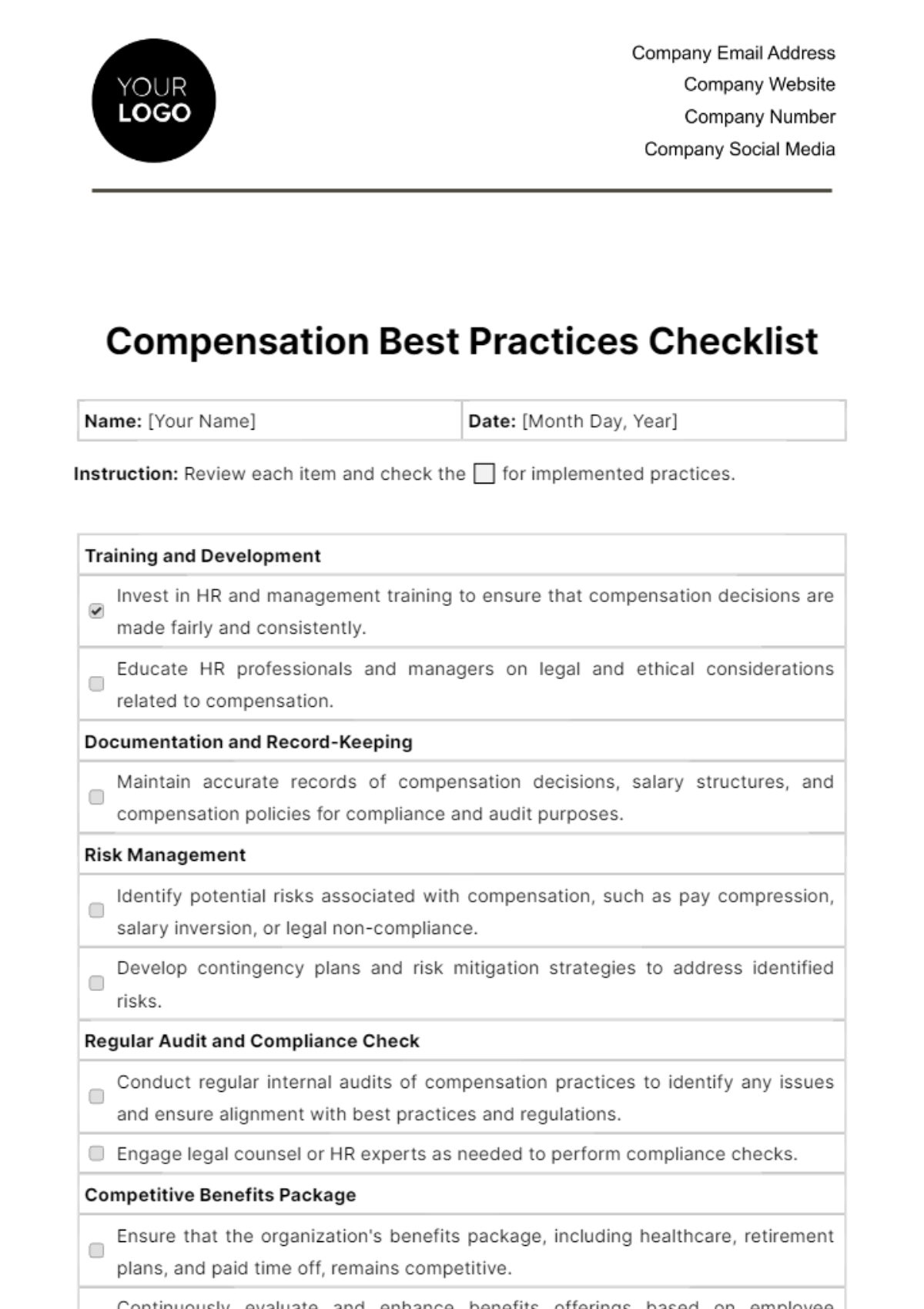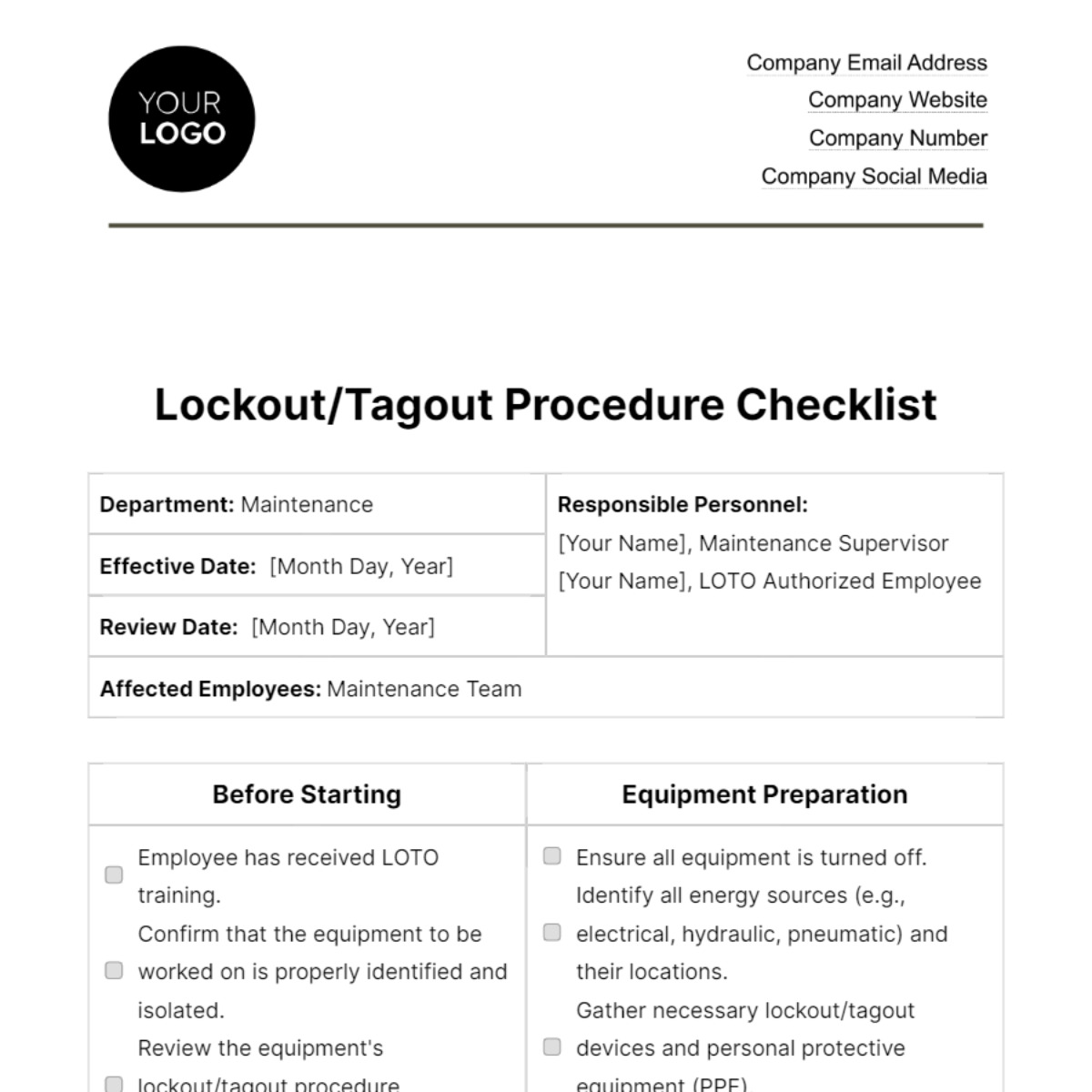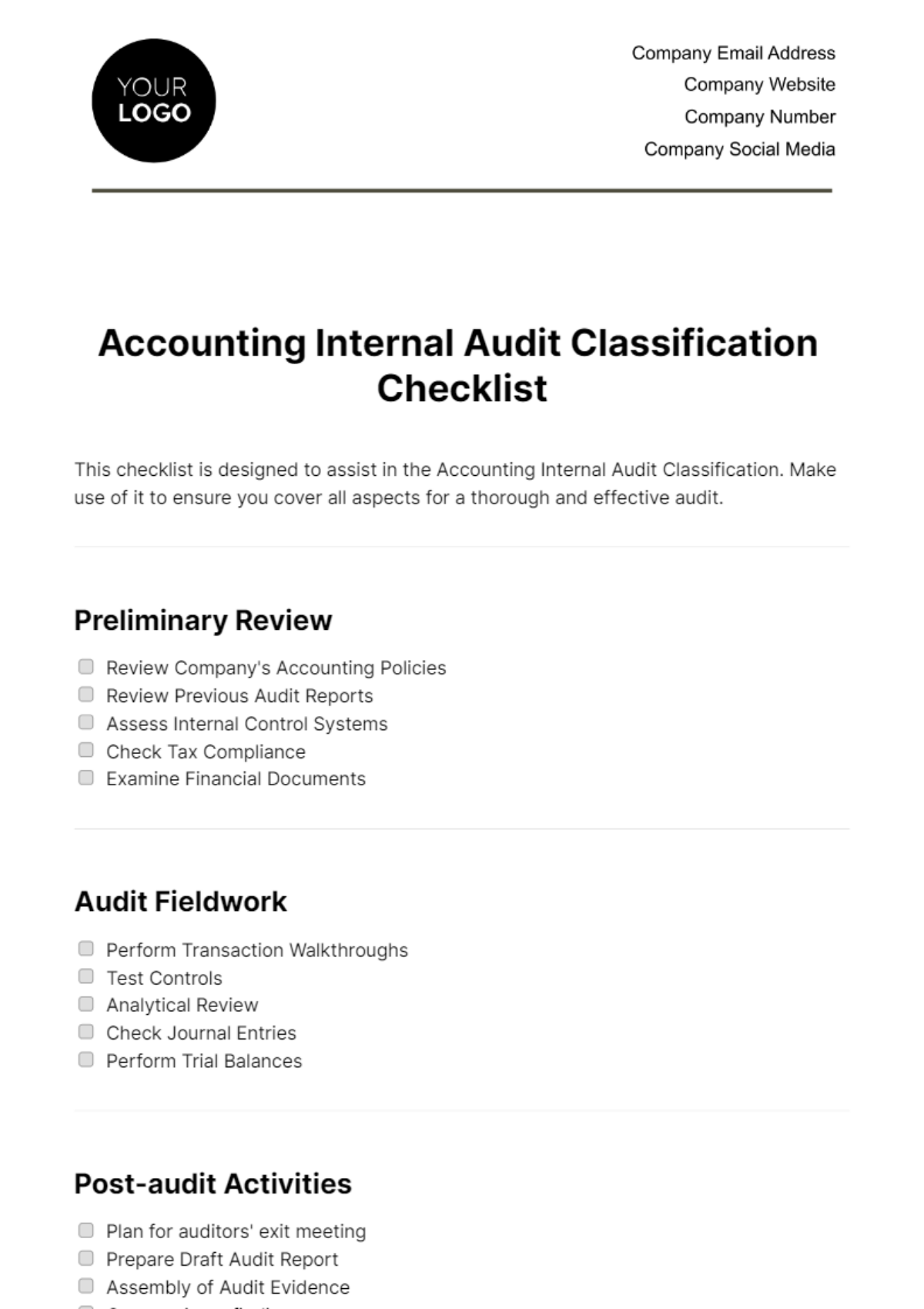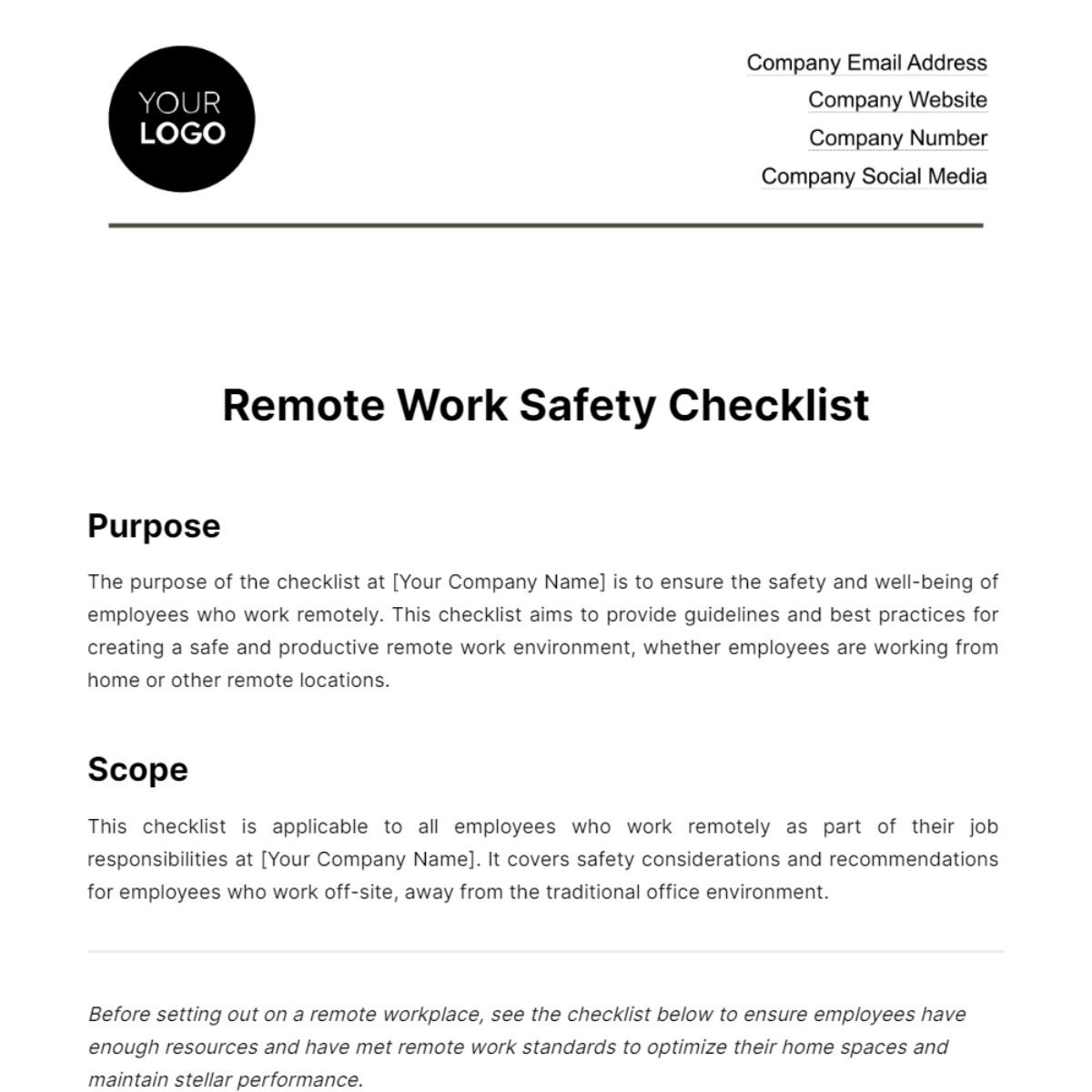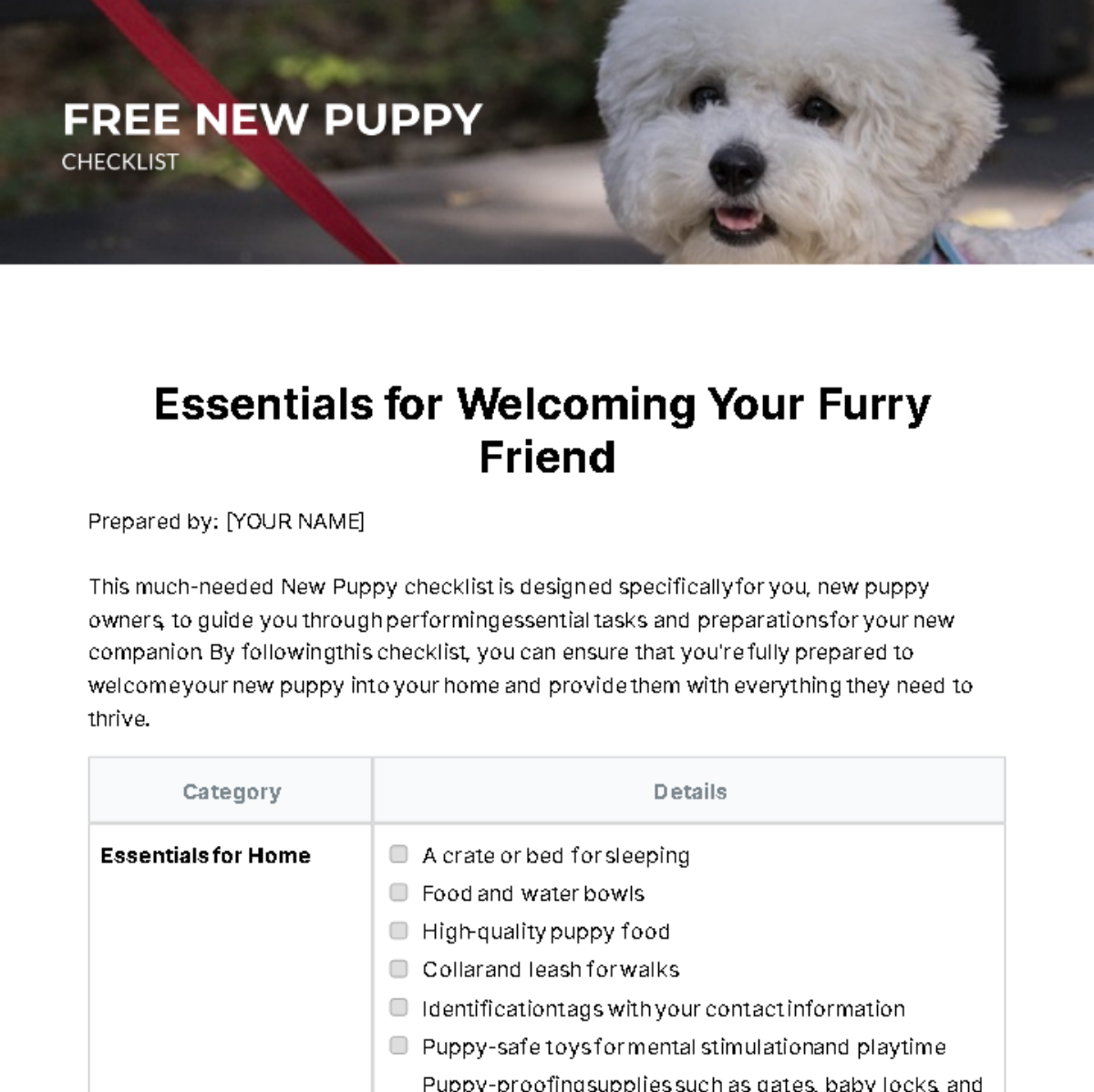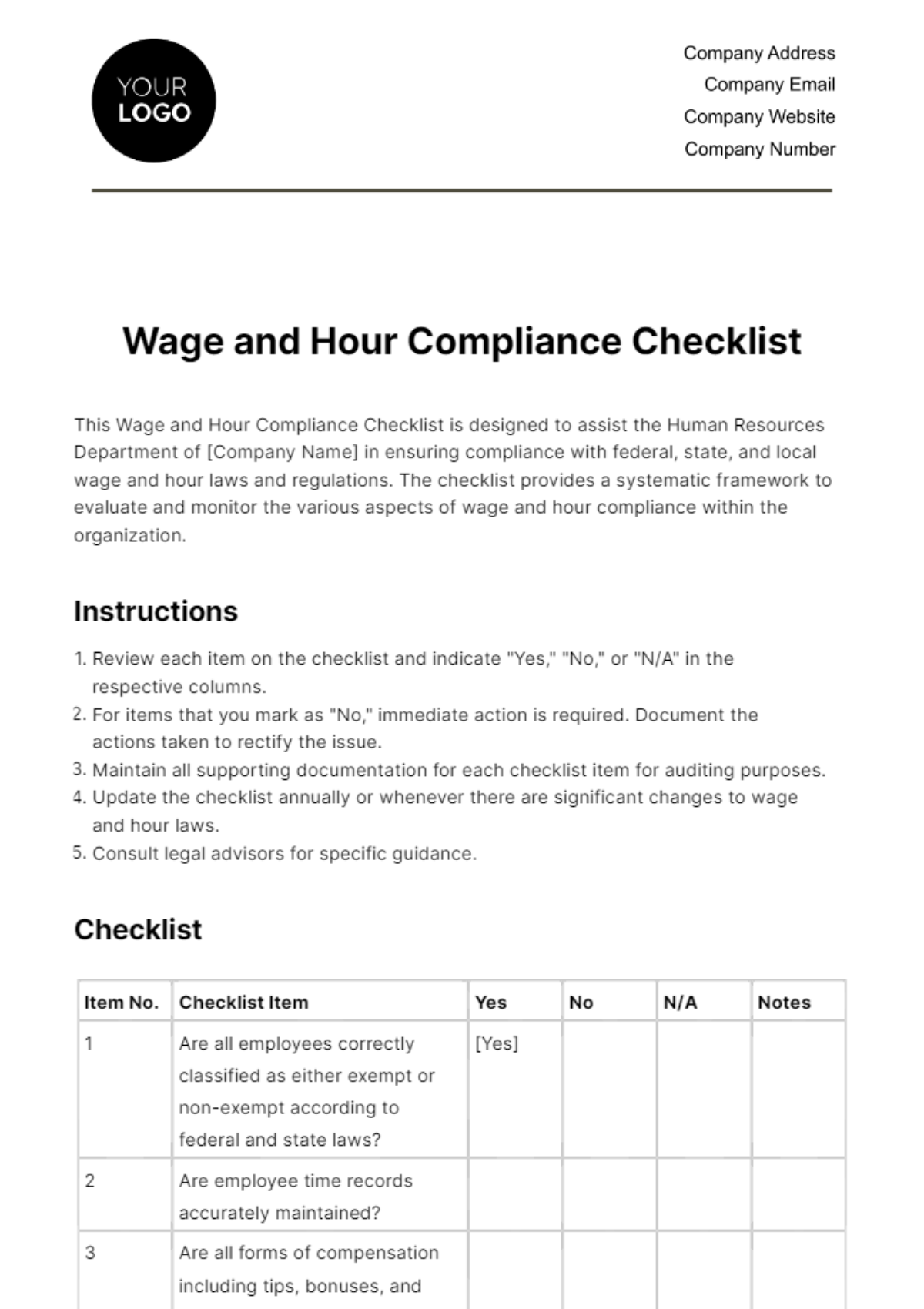Professional HR Task Checklist
Prepared By: [Your Name]
I. Recruitment & Hiring
Draft clear, detailed job descriptions for open positions.
Post job openings on relevant platforms (LinkedIn, job boards, company website).
Review resumes and applications, and conduct phone screenings.
Arrange interviews for shortlisted candidates.
Prepare and conduct structured interviews.
Verify candidate references and qualifications.
Send offer letters and negotiate terms (salary, benefits).
Prepare onboarding documents and arrange an orientation.
II. Employee Management
Keep accurate and up-to-date employee files (personal, professional, performance records).
Schedule and conduct regular performance evaluations.
Organize training, workshops, and career development plans.
Address and resolve employee grievances and conflicts.
Implement recognition programs for exceptional performance.
III. Payroll & Benefits
Ensure accurate and timely processing of employee salaries.
Oversee employee benefits programs (healthcare, retirement plans, leave policies).
Ensure tax deductions and filings are correct and on time.
Monitor and track employee leave (sick, vacation, FMLA).
Conduct salary and compensation analysis for equity and competitiveness.
IV. Compliance & Legal
Stay updated on federal, state, and local labor laws.
Develop, communicate, and enforce company policies (e.g., anti-discrimination, and harassment policies).
Ensure compliance with OSHA regulations and maintain a safe working environment.
Prepare and submit required Equal Employment Opportunity reports.
V. Employee Relations
Conduct employee satisfaction surveys to gather feedback.
Develop programs to increase employee engagement and morale.
Conduct exit interviews to understand reasons for employee departures and improve retention.
VI. Organizational Development
Analyze organizational needs and plan workforce requirements.
Identify and develop internal talent for key roles.
Assist with managing organizational changes and transitions.
VII. HR Administration
Regularly generate HR metrics and reports (turnover rates, absenteeism, etc.).
Maintain and update HR software systems.
Monitor and manage the HR department budget.
